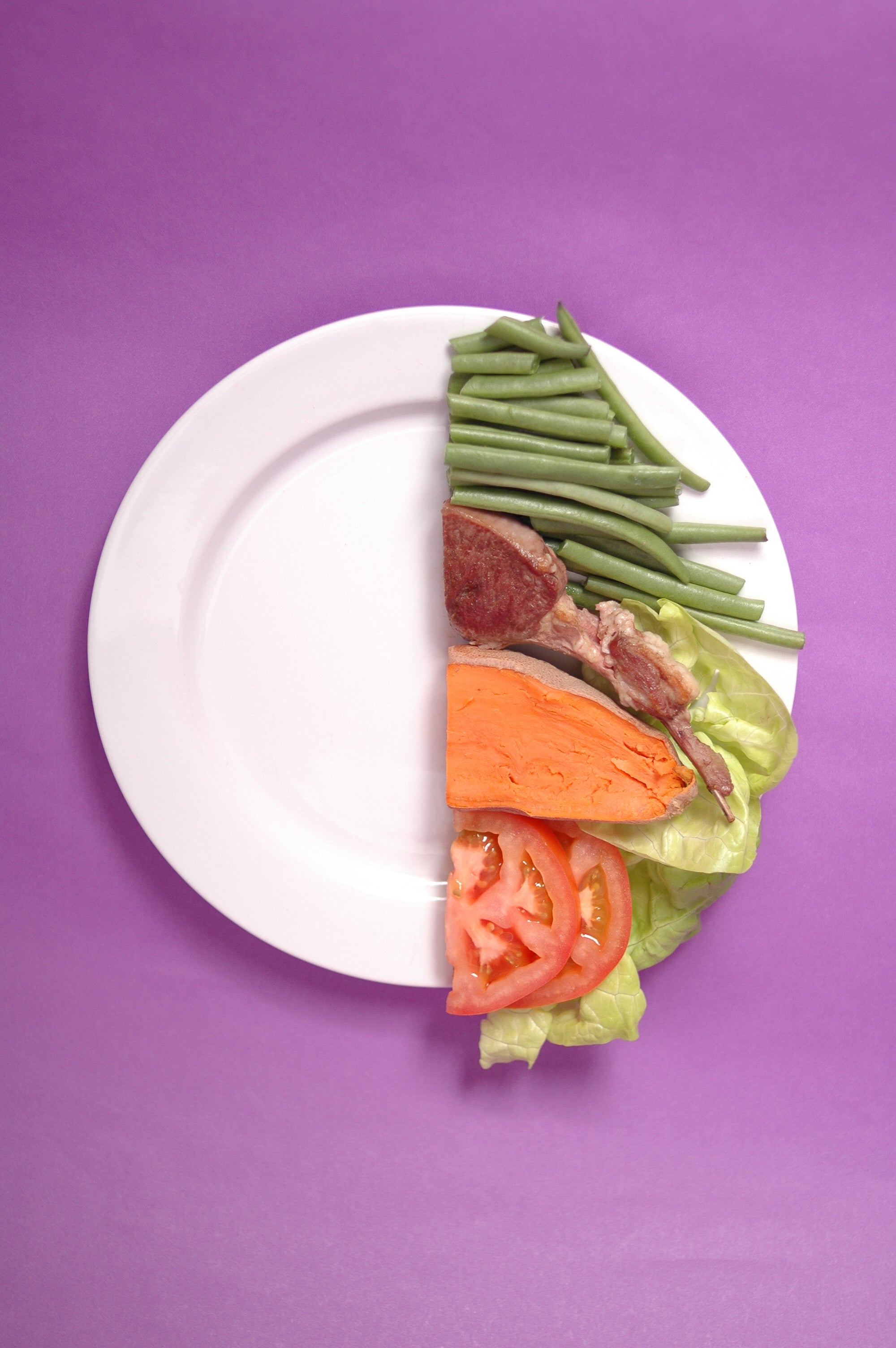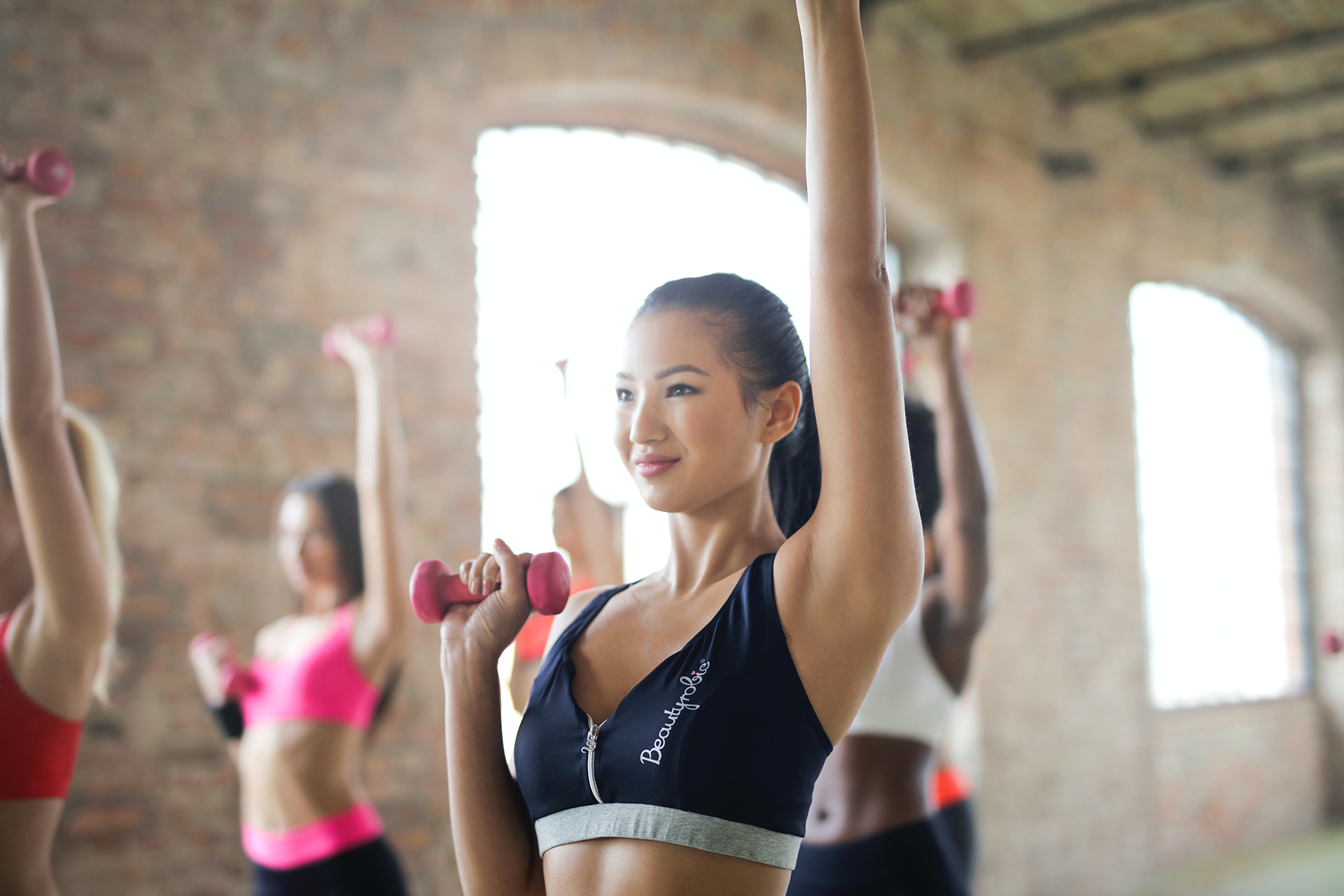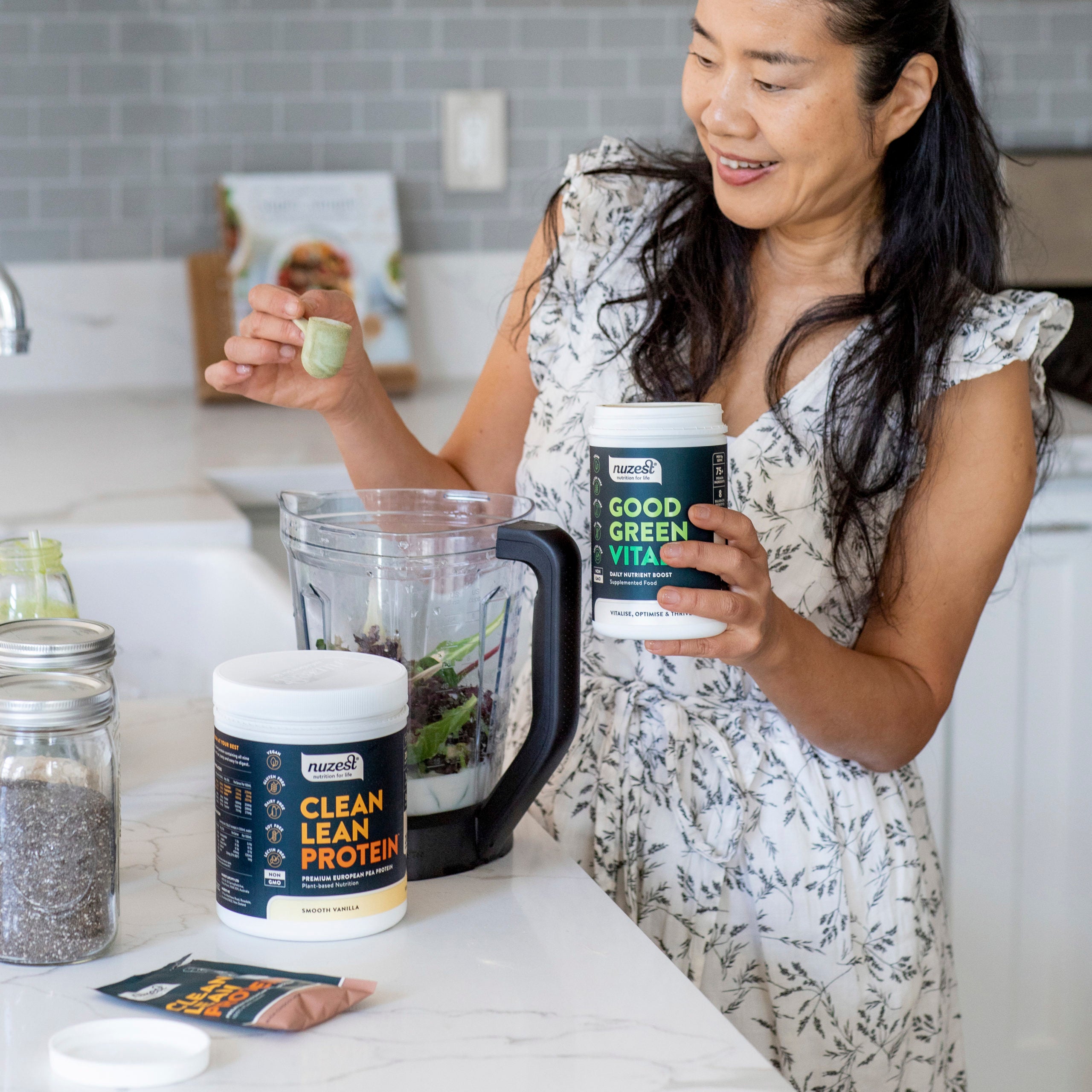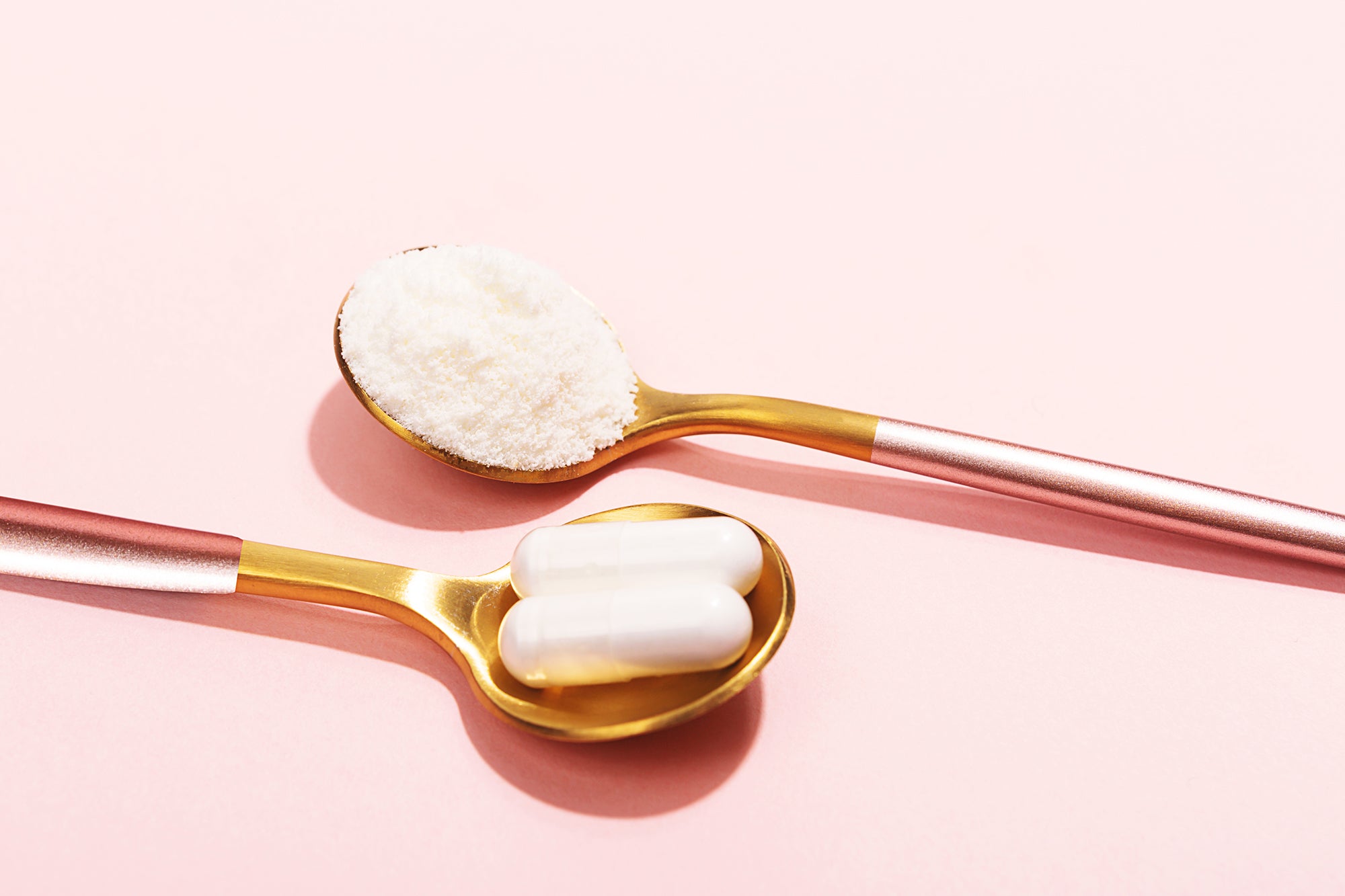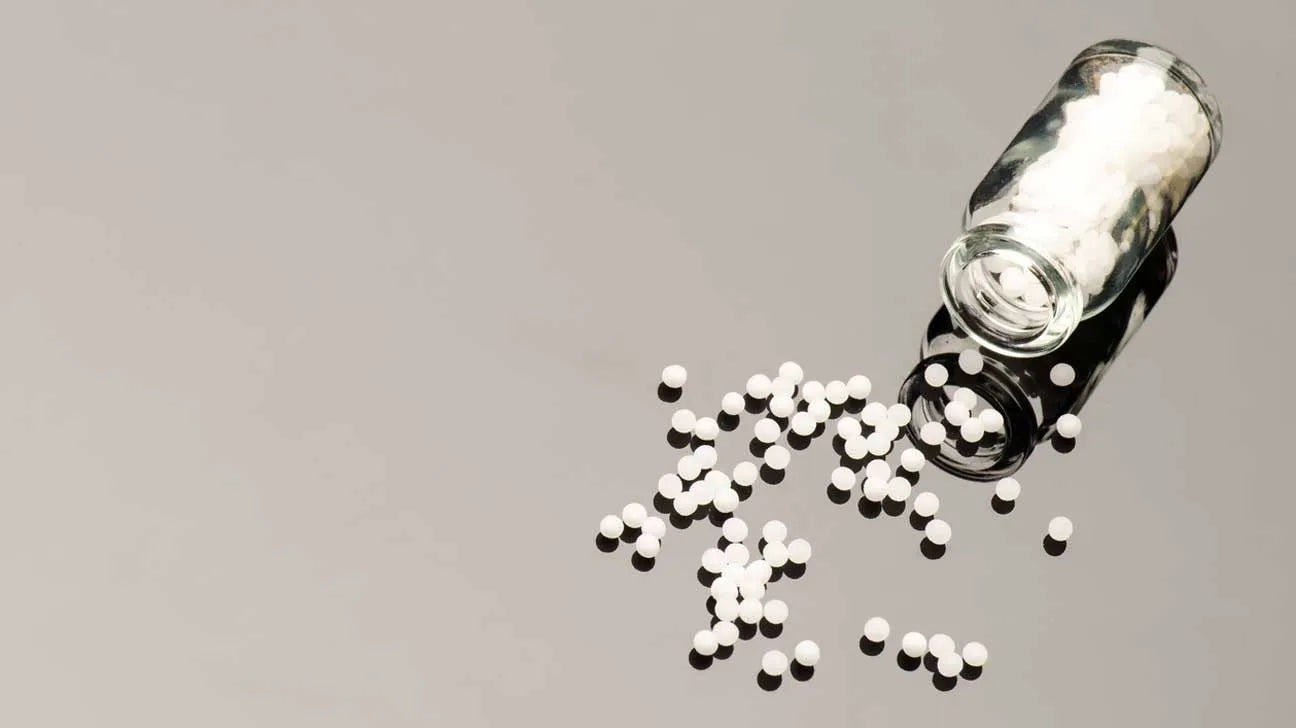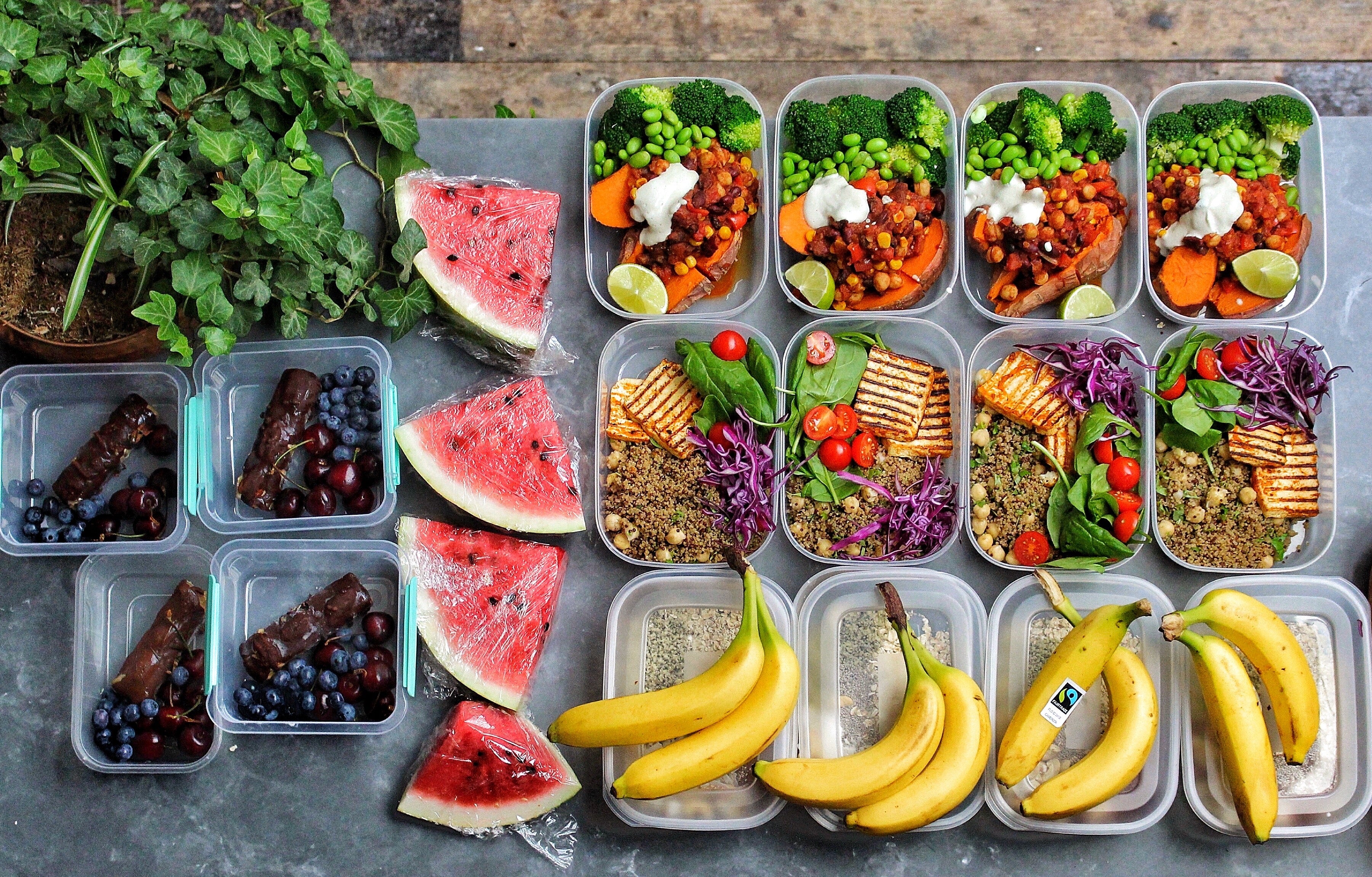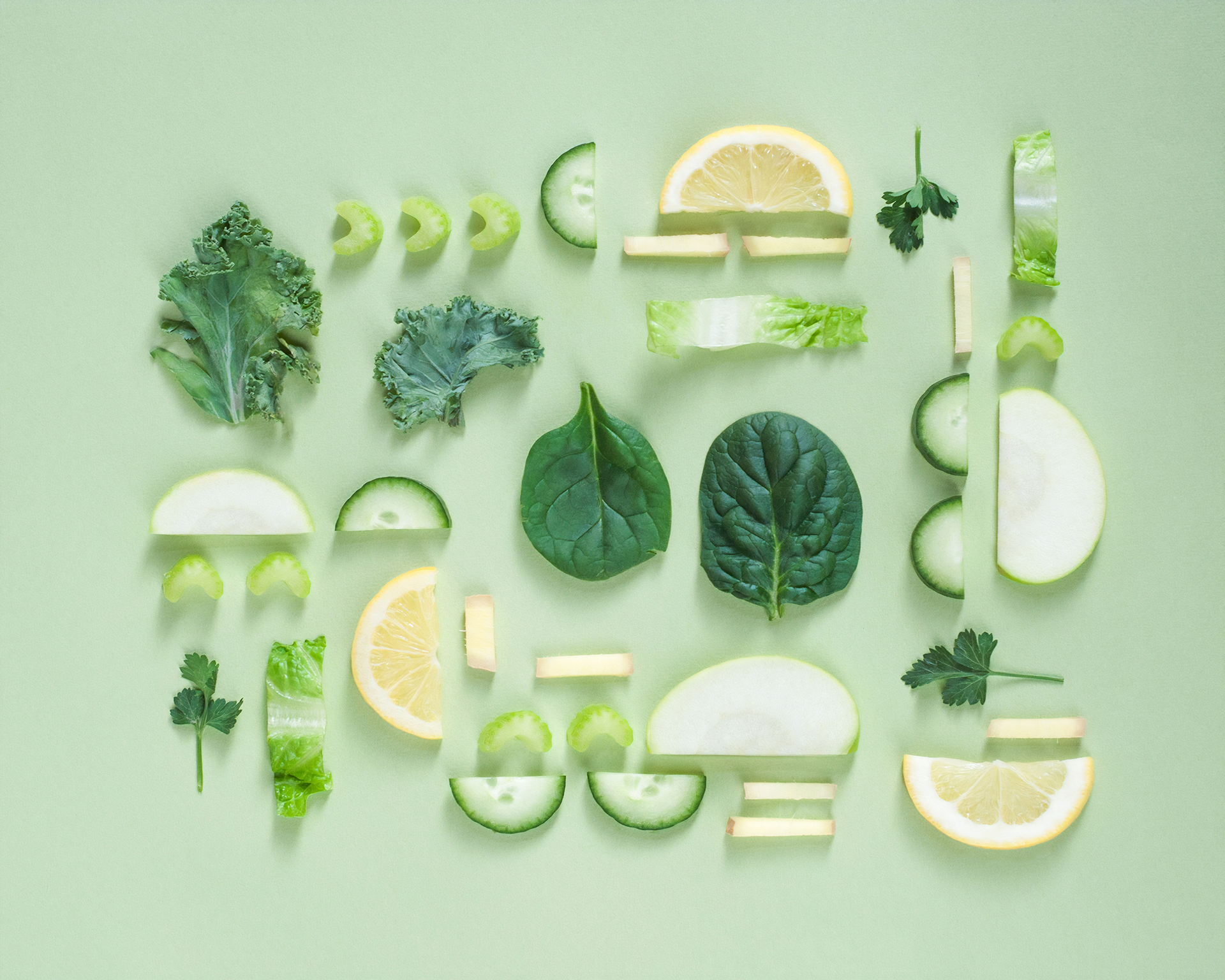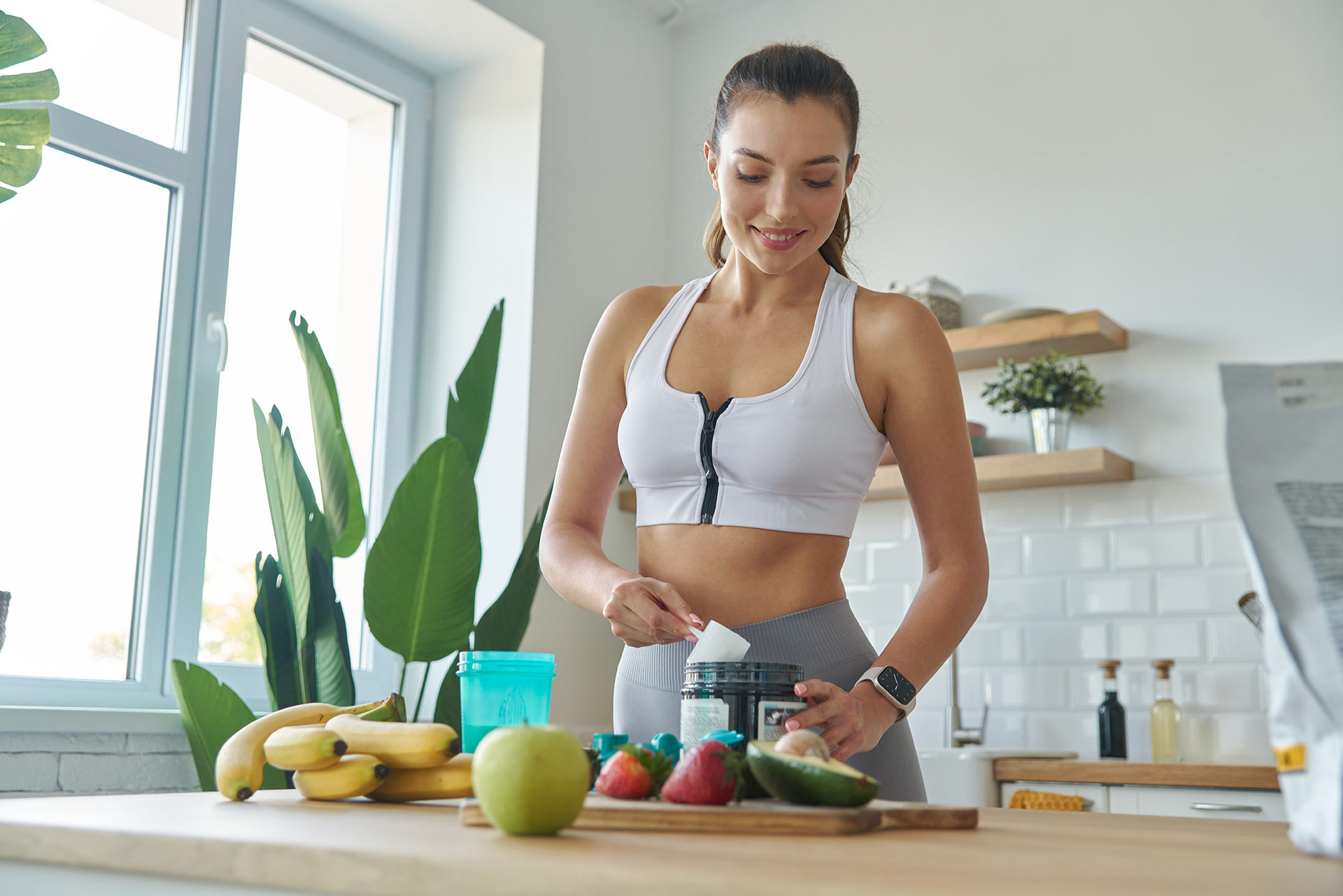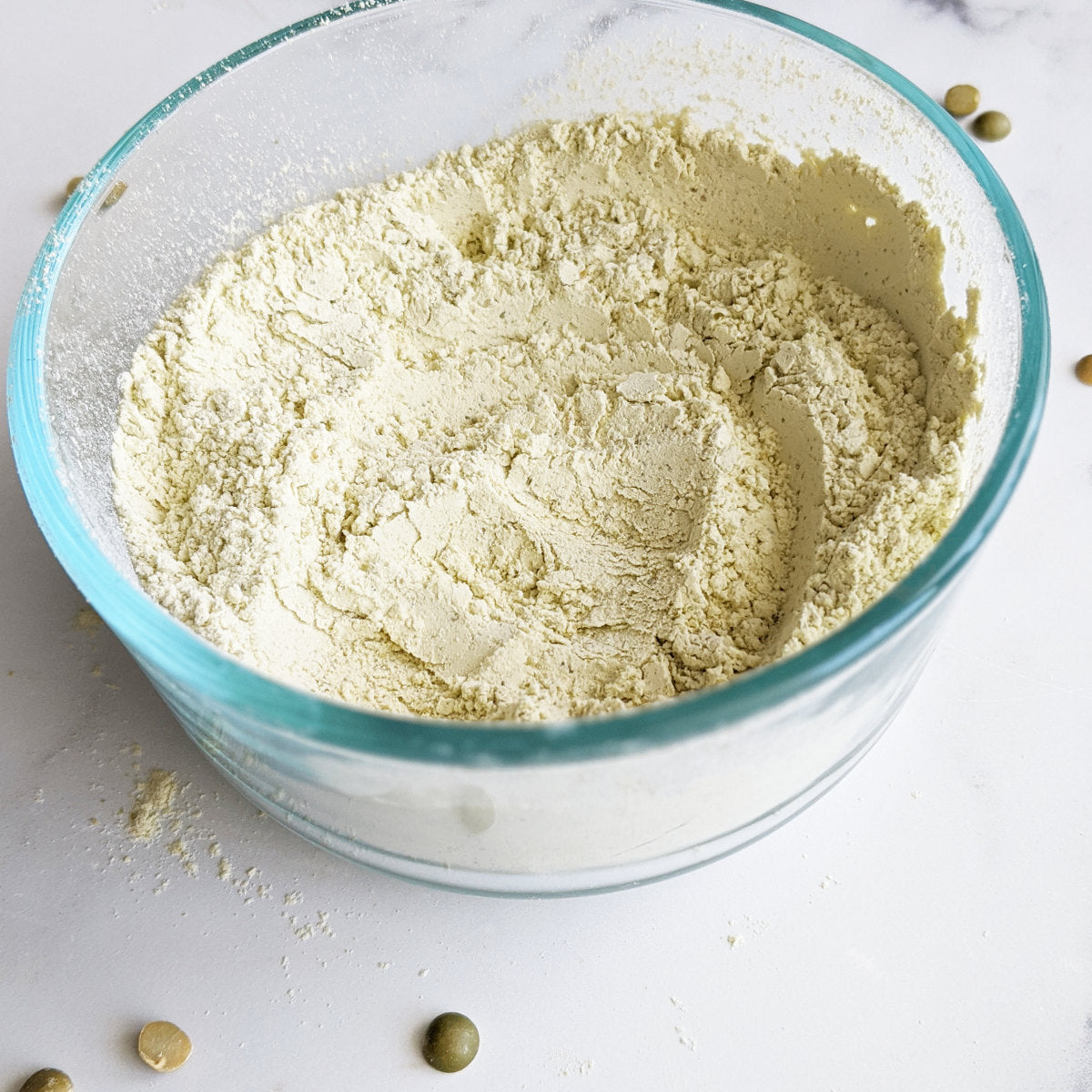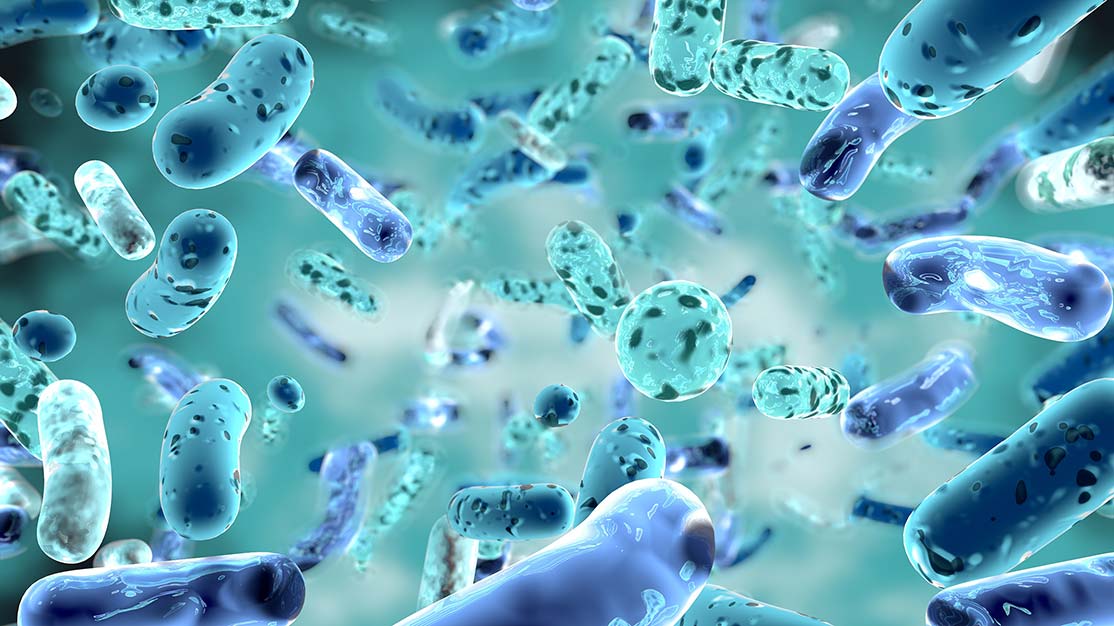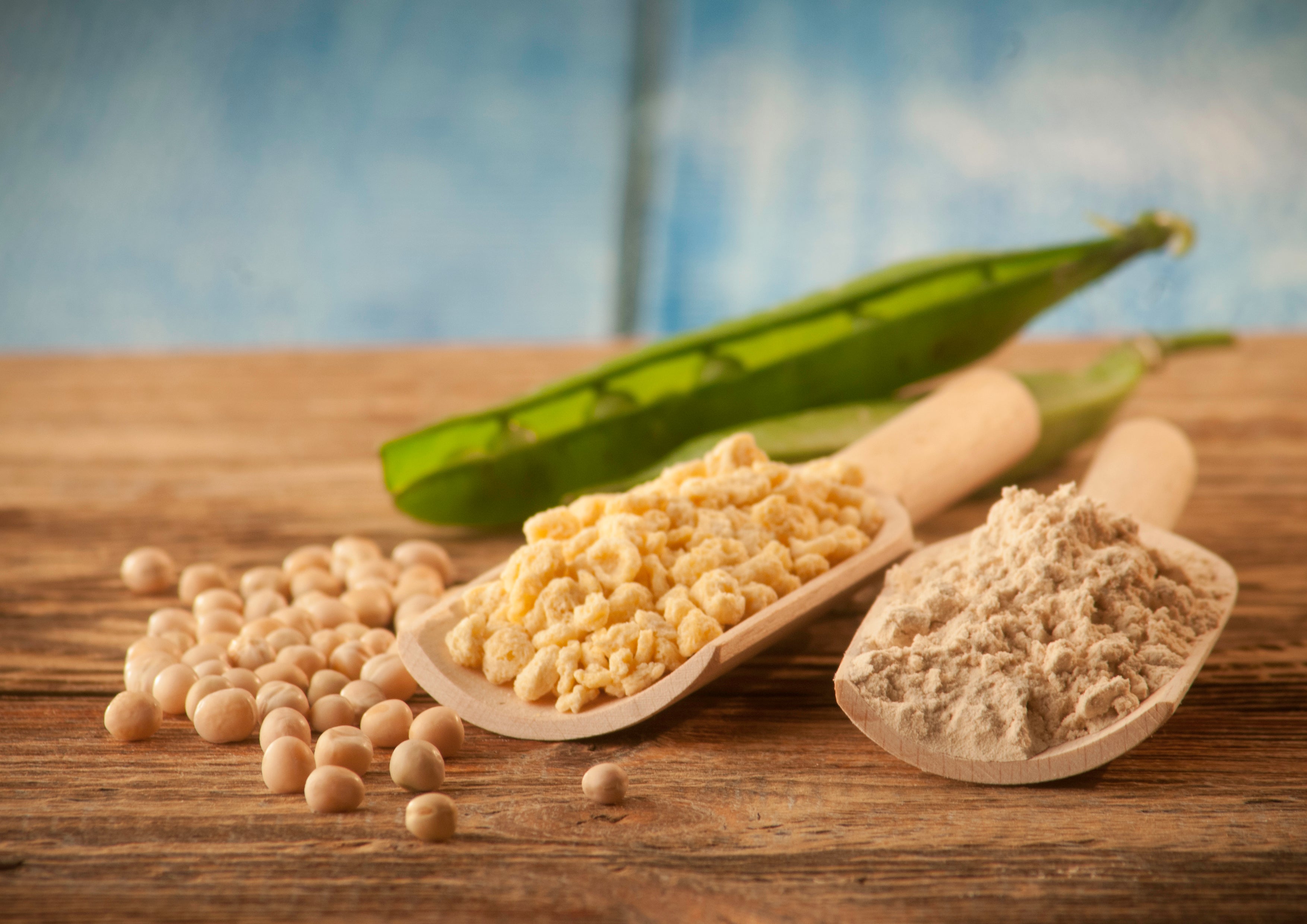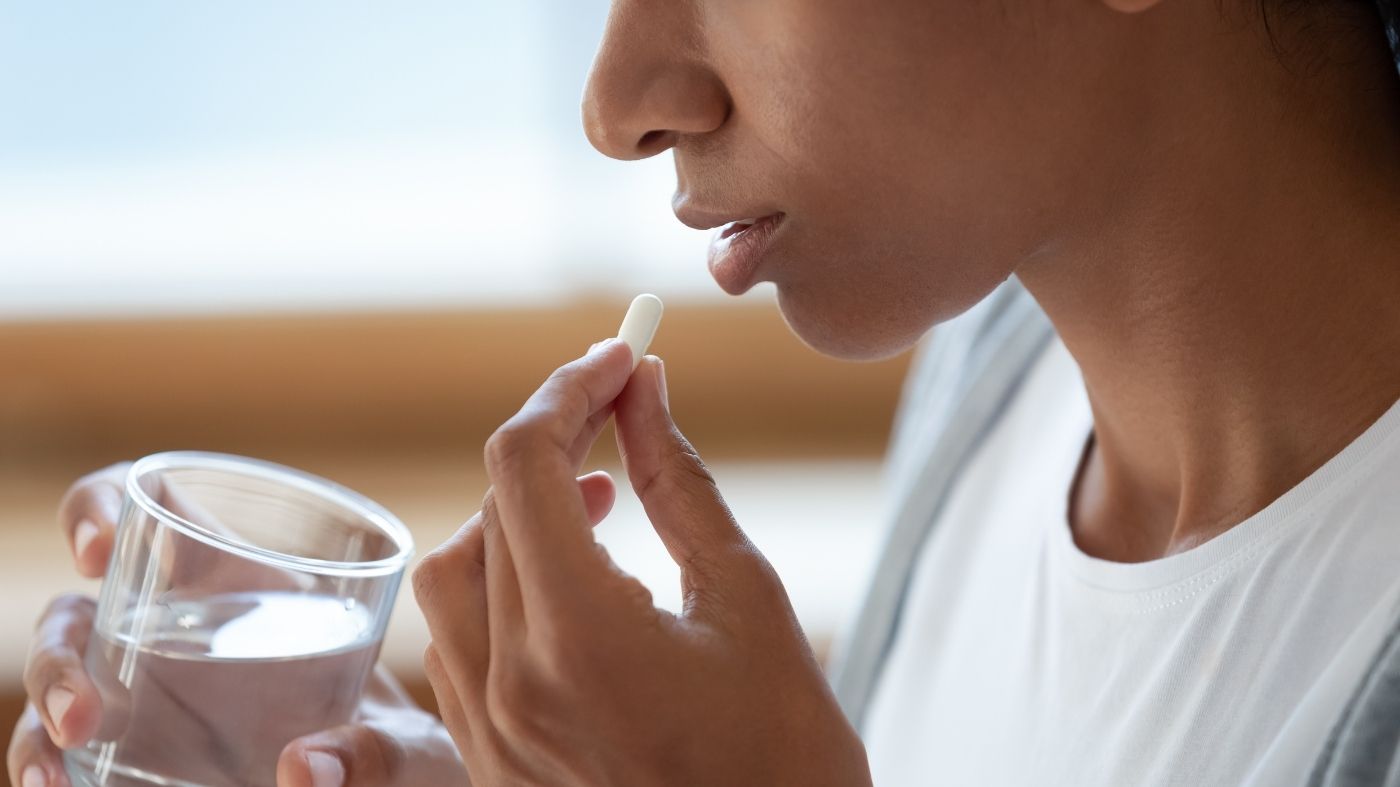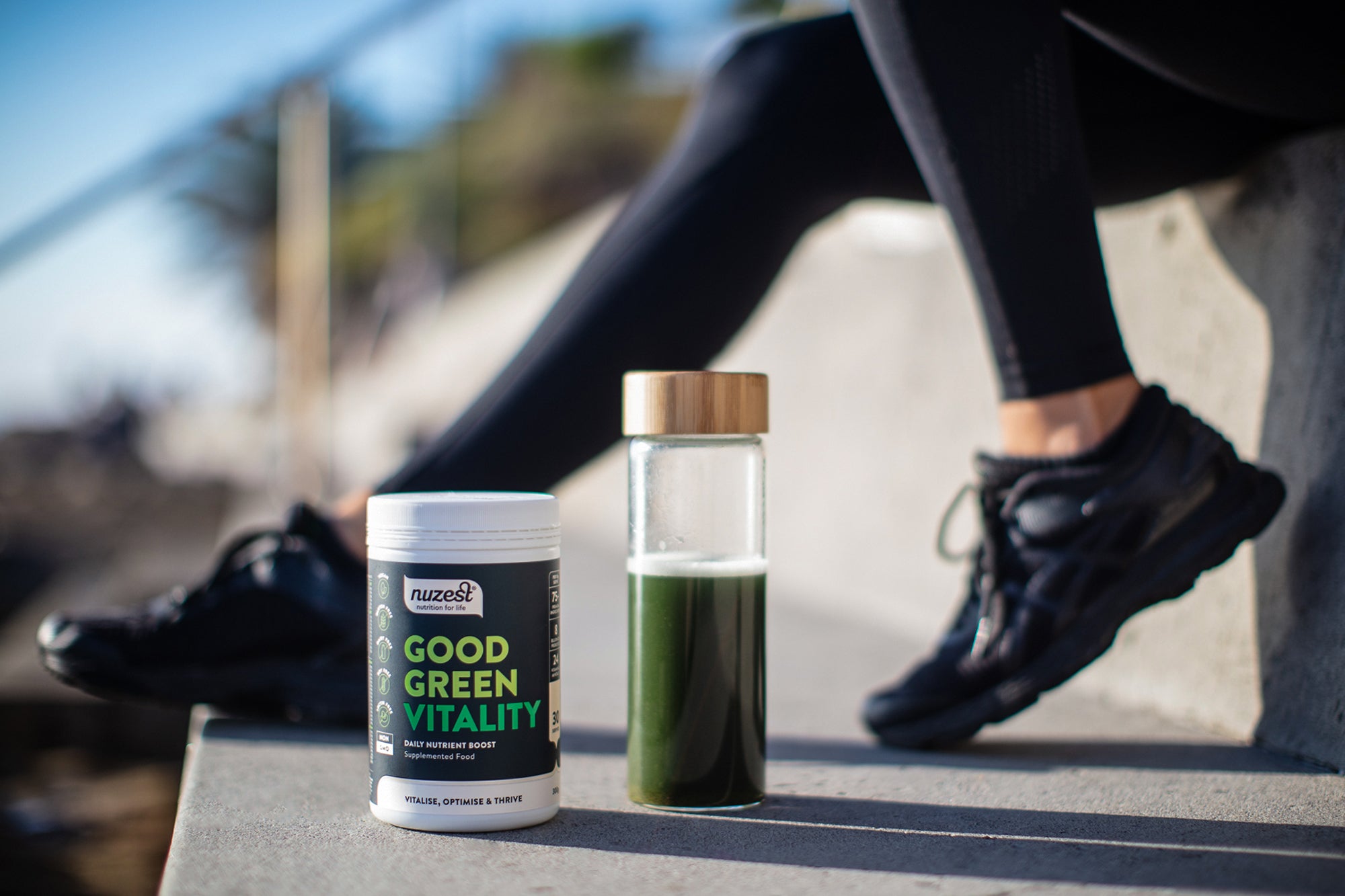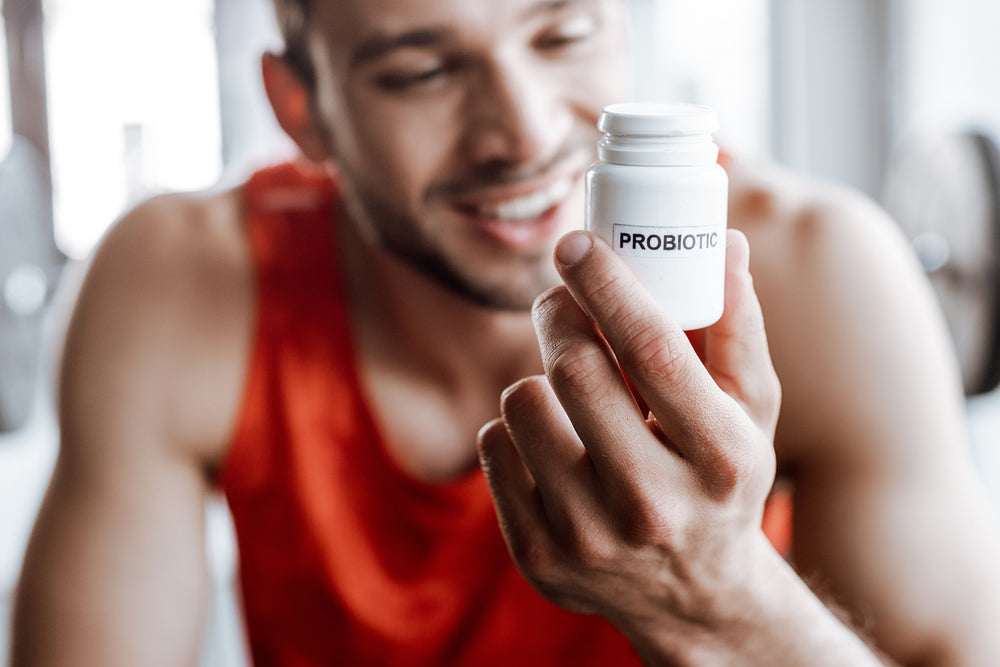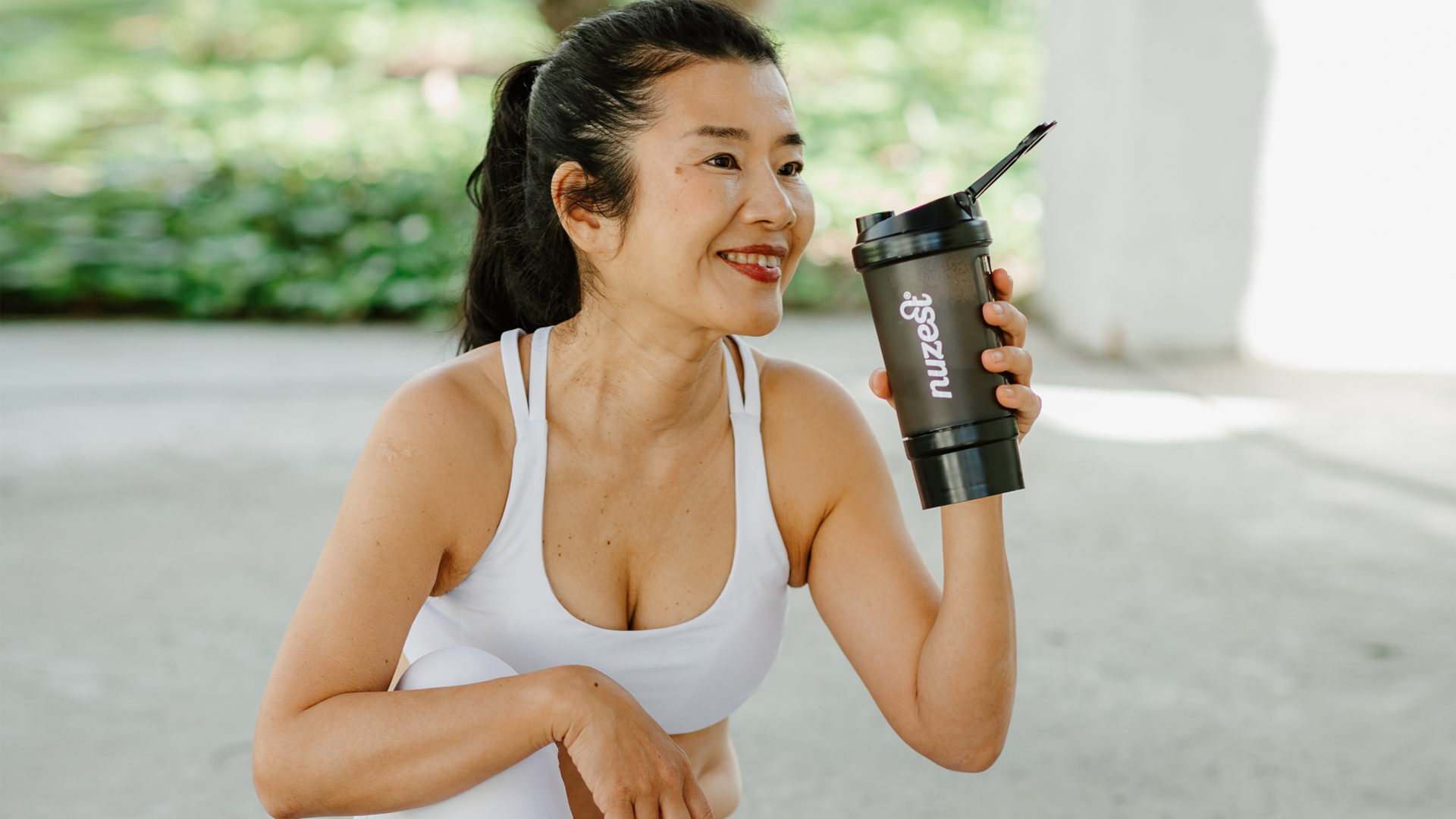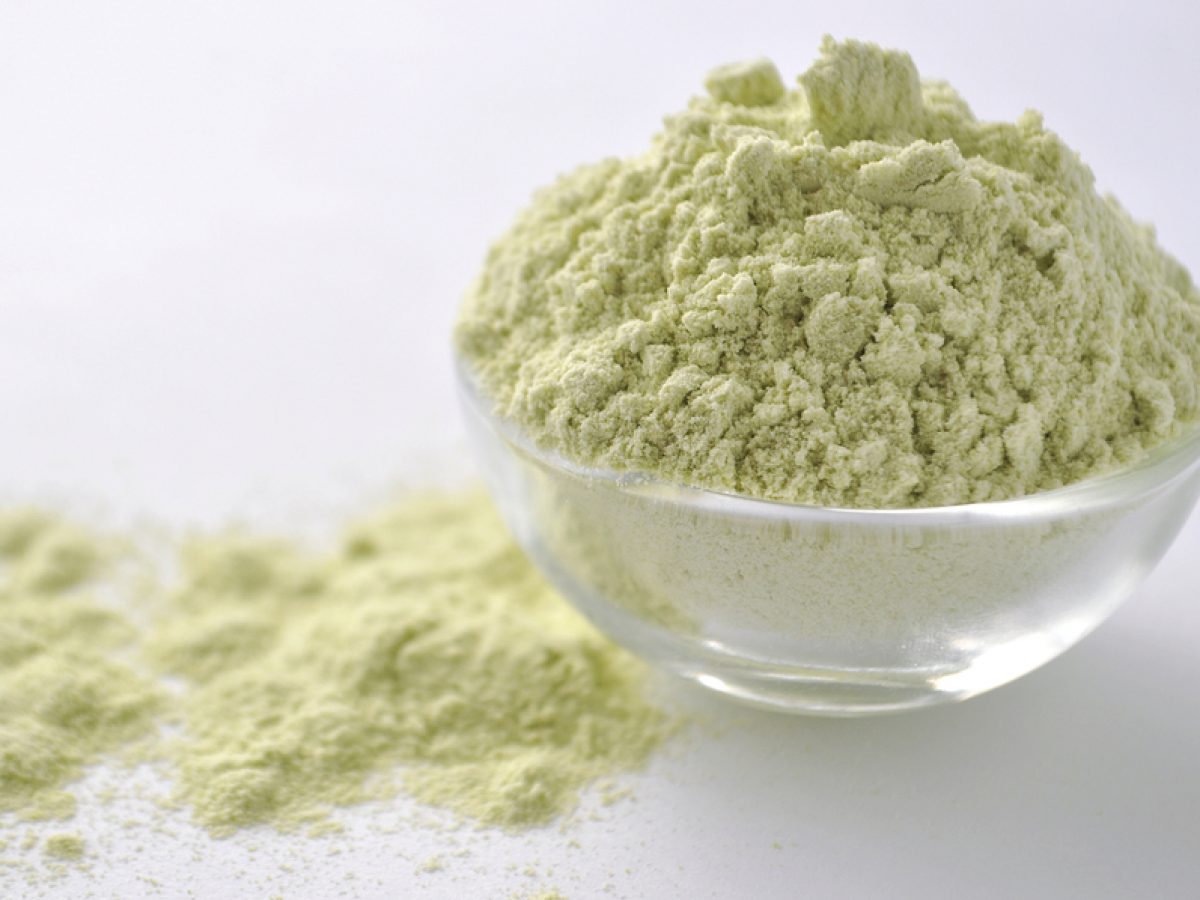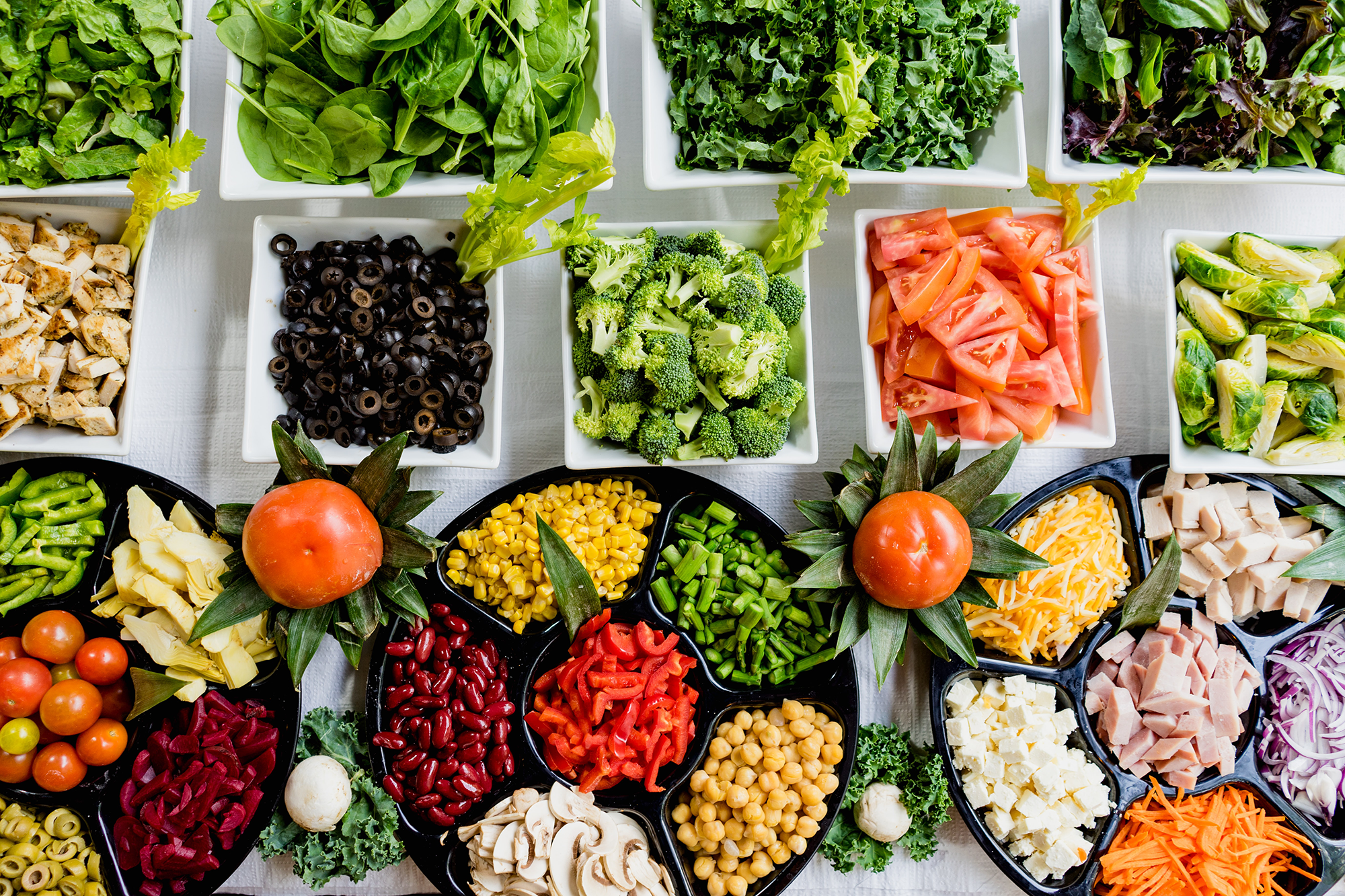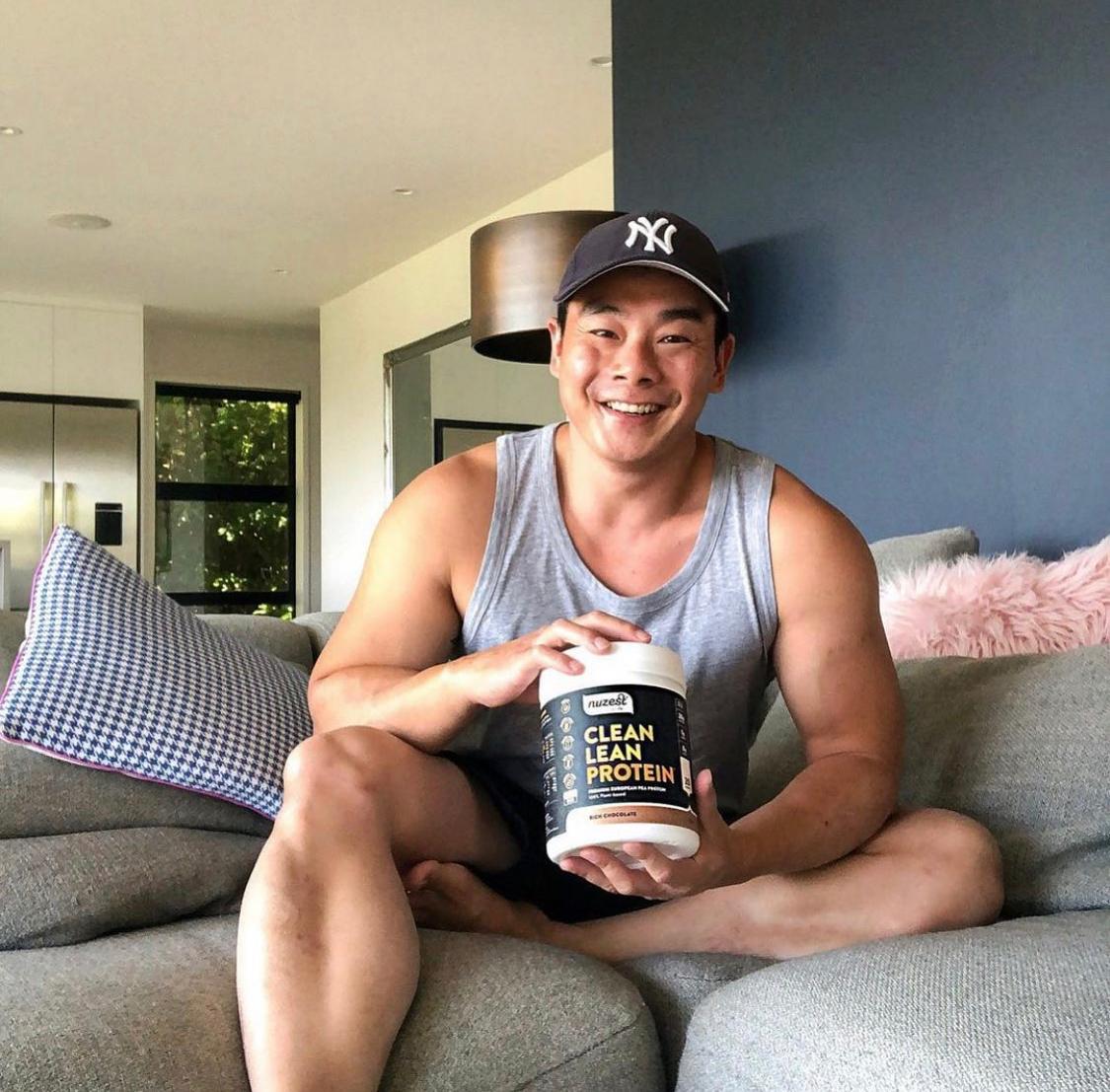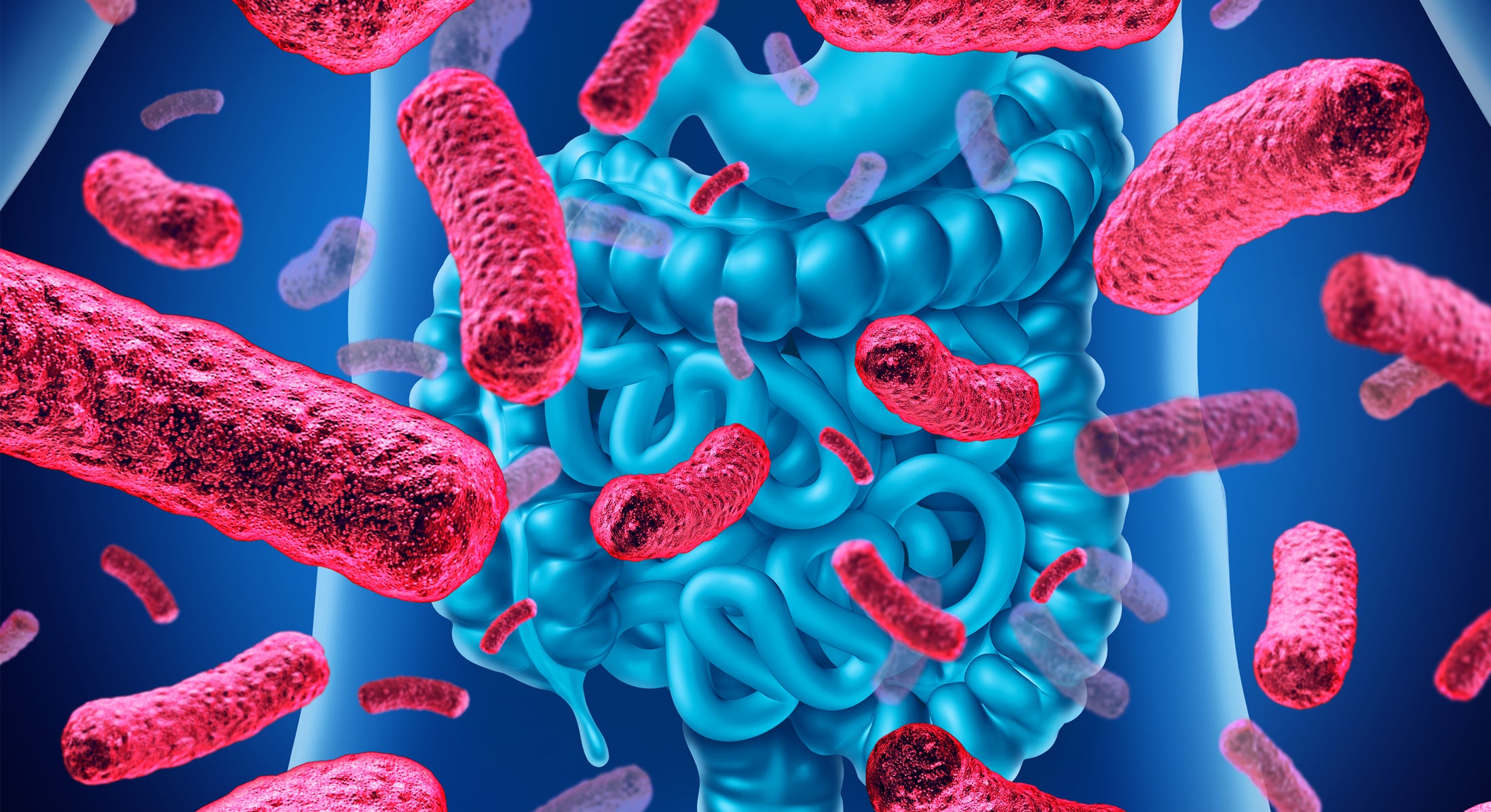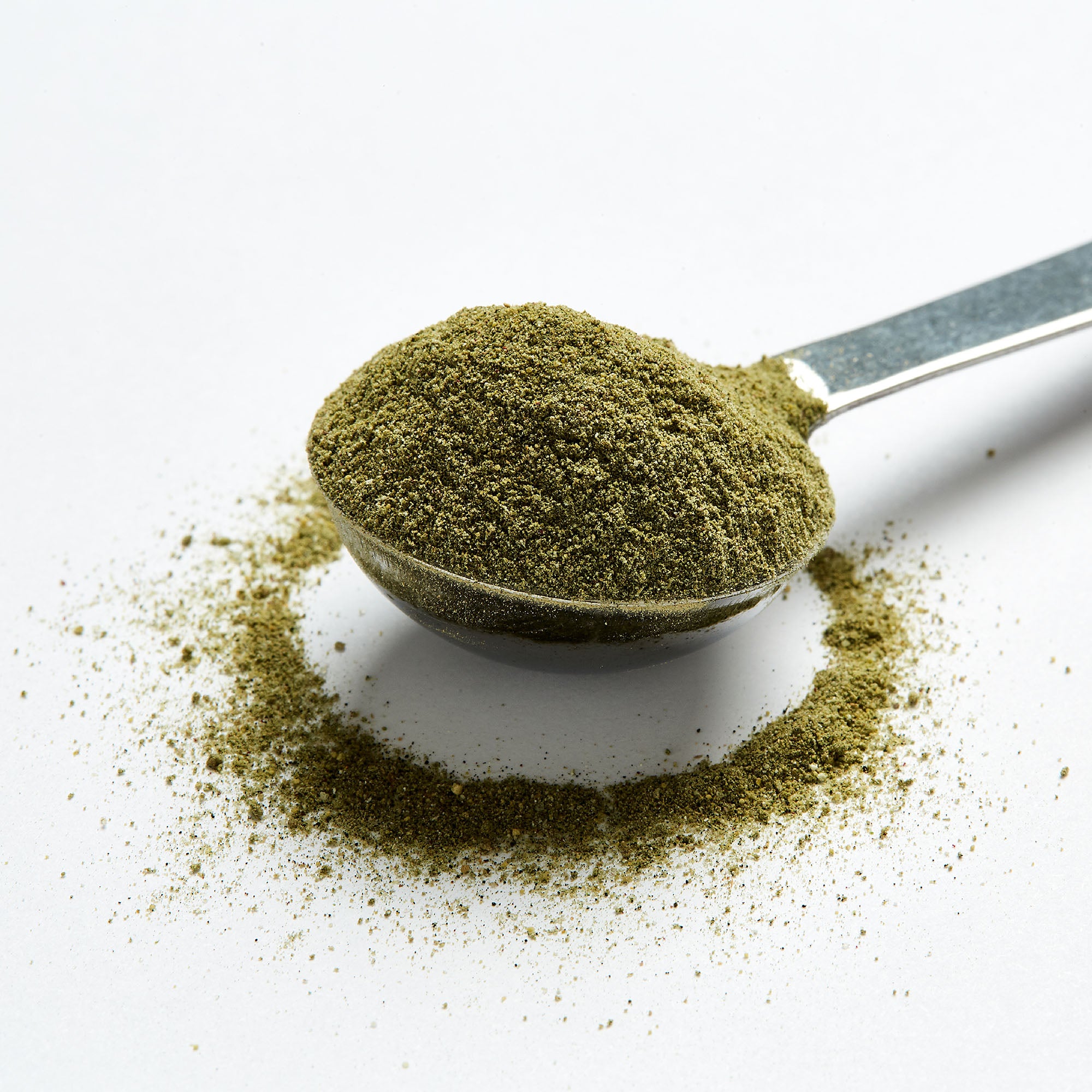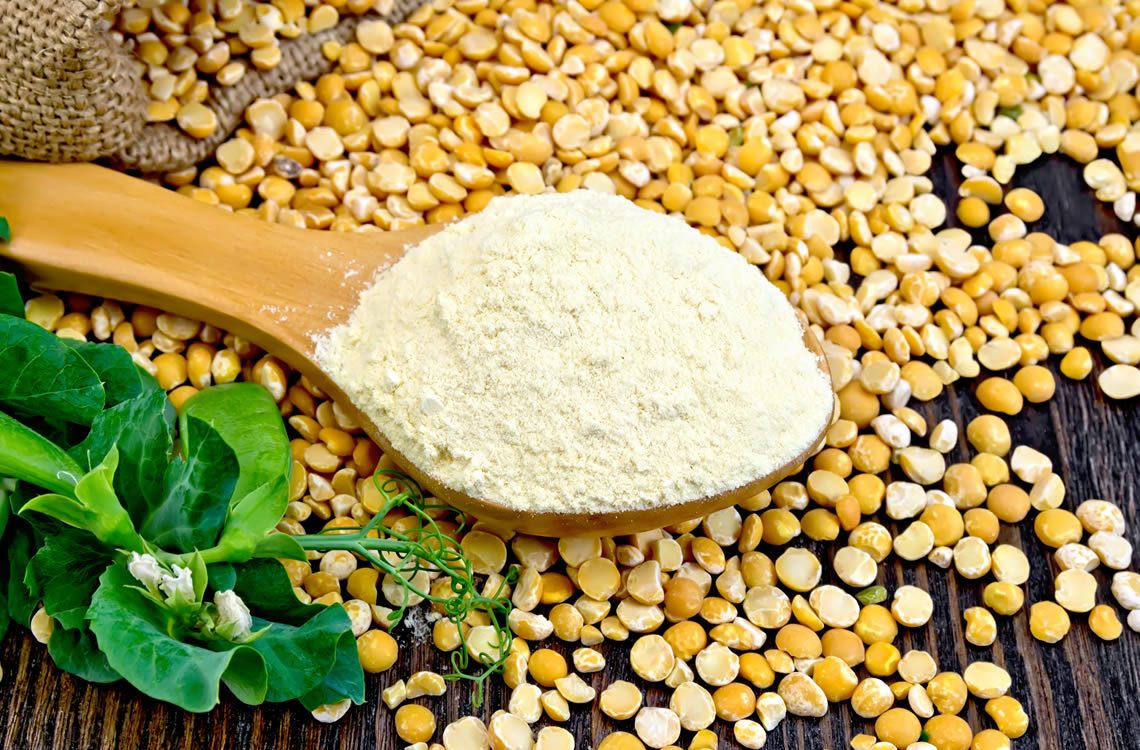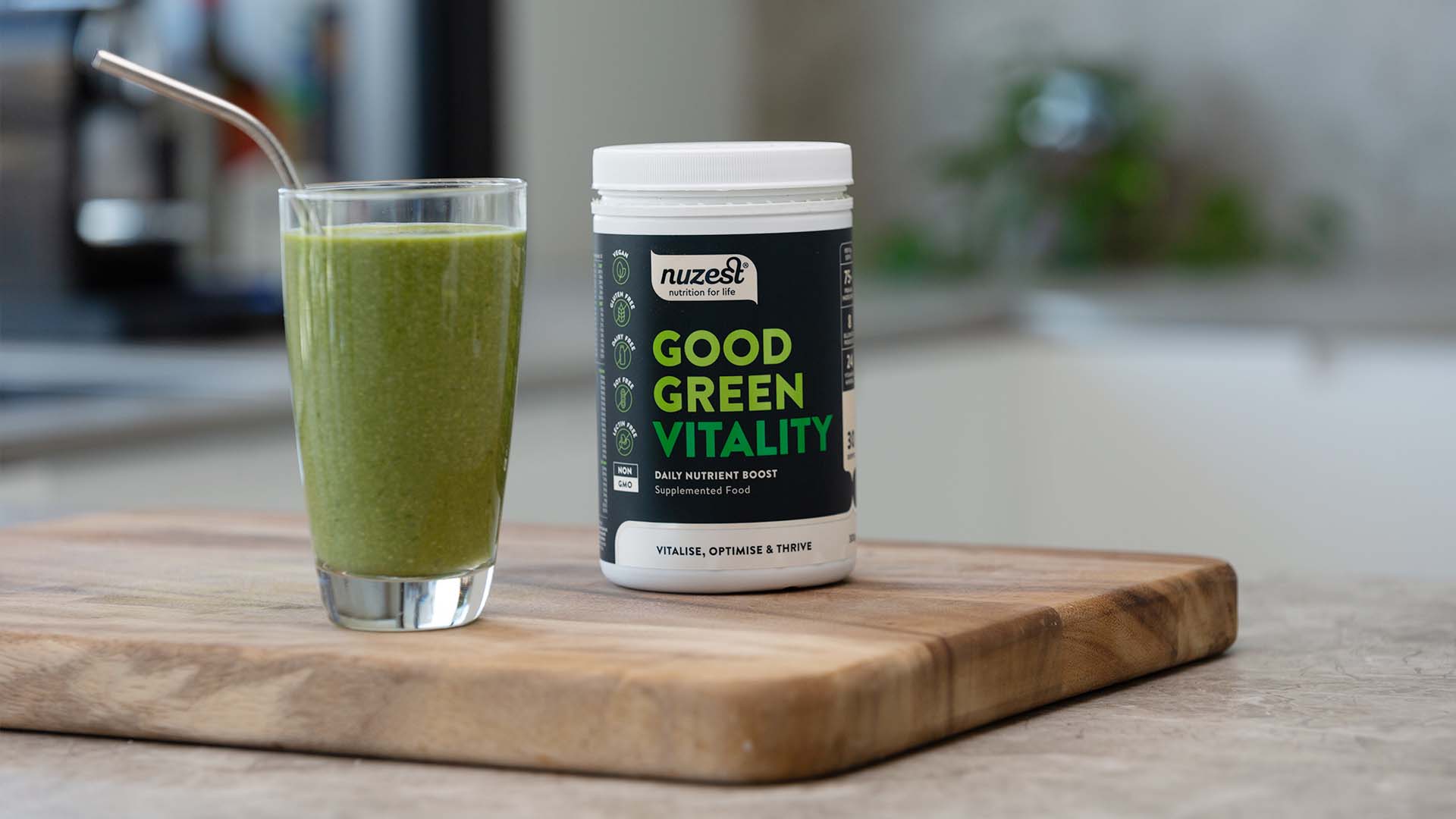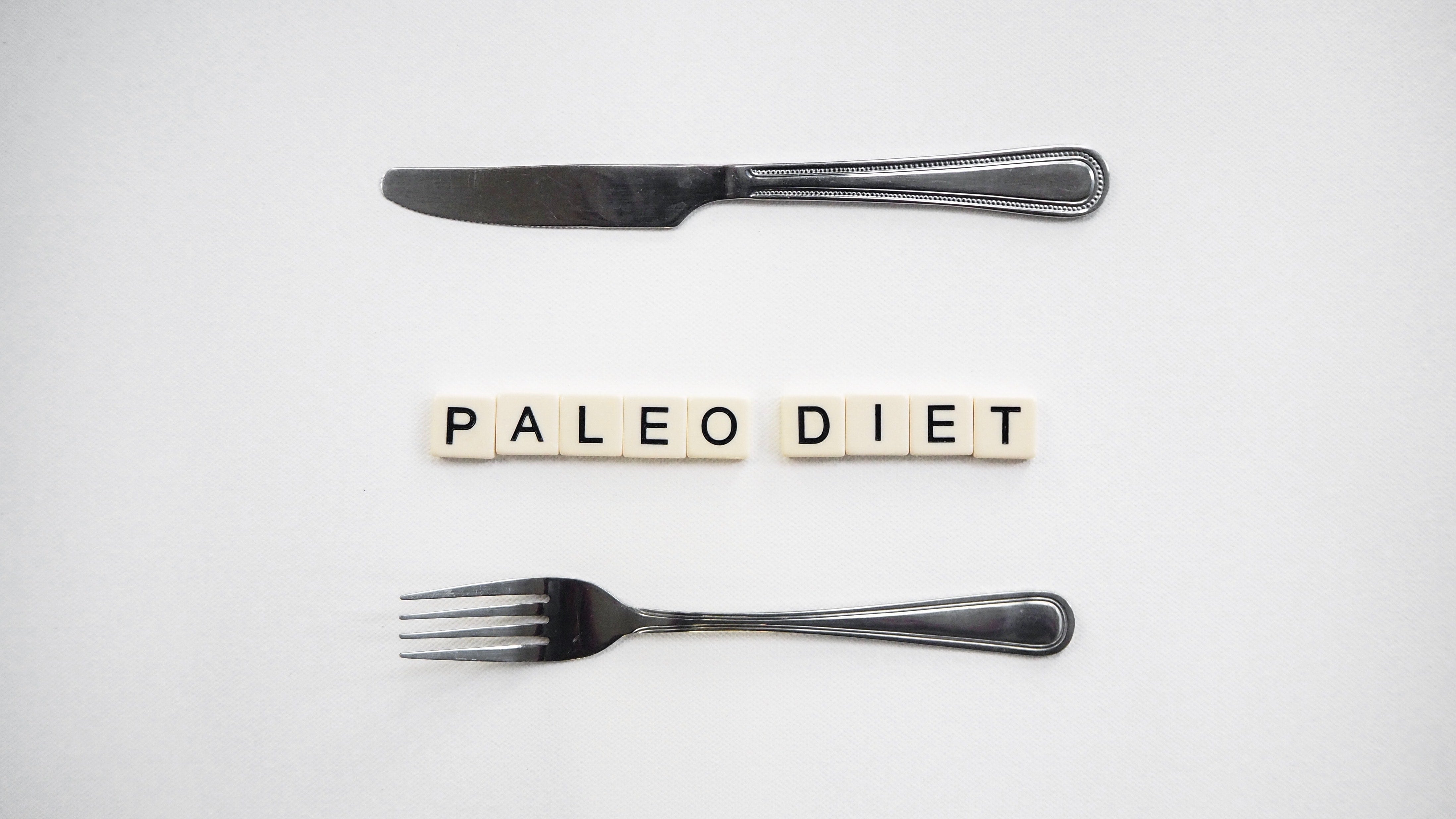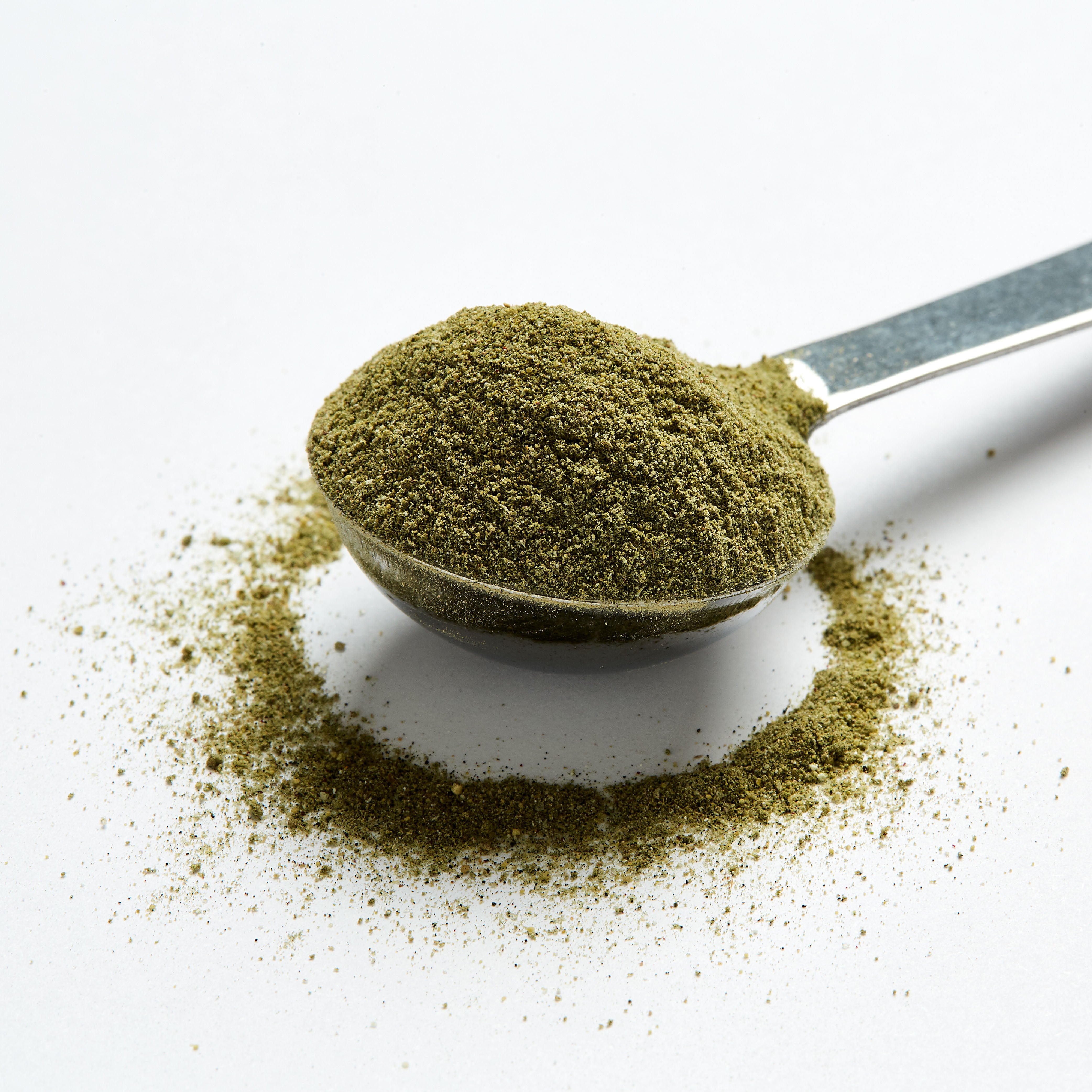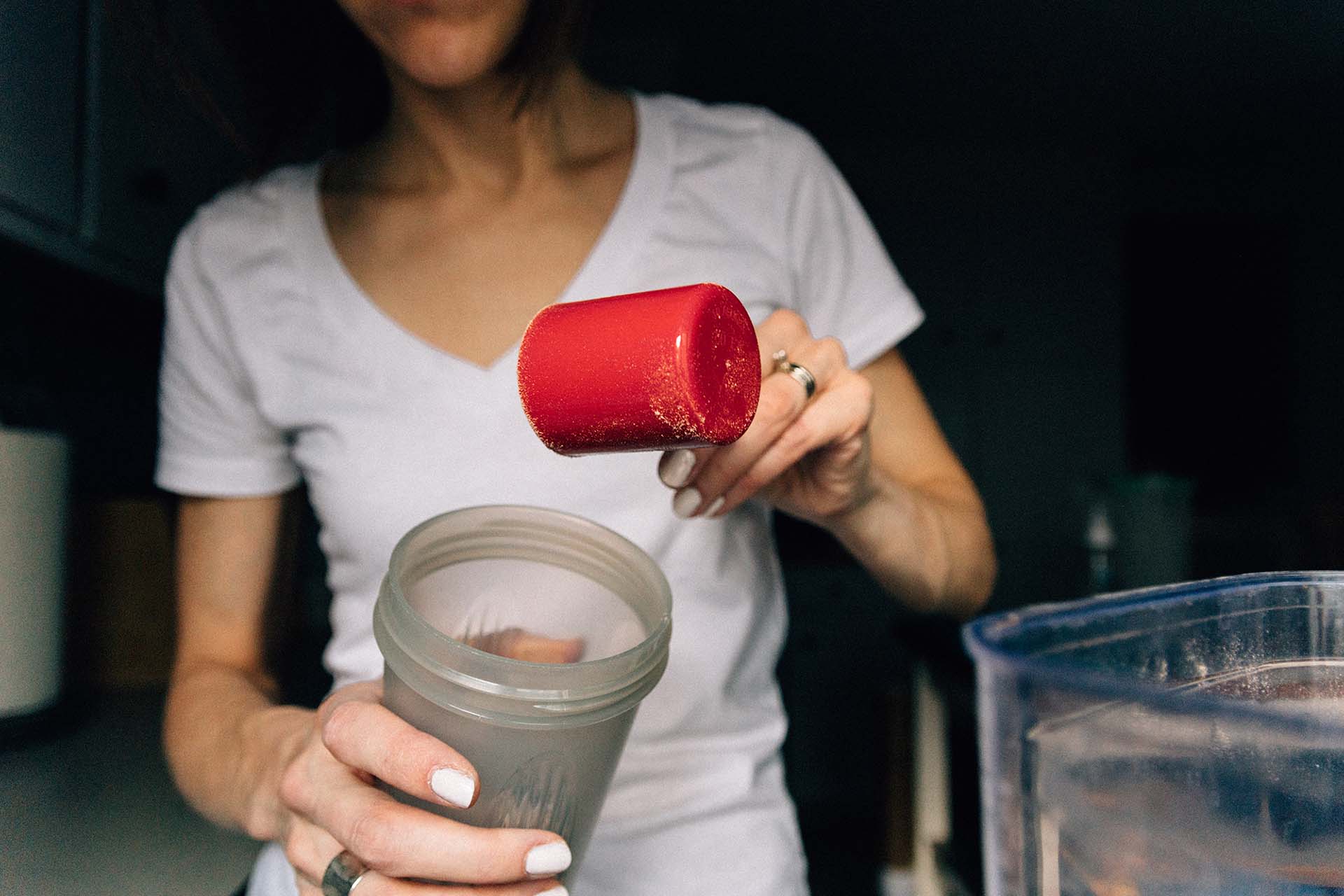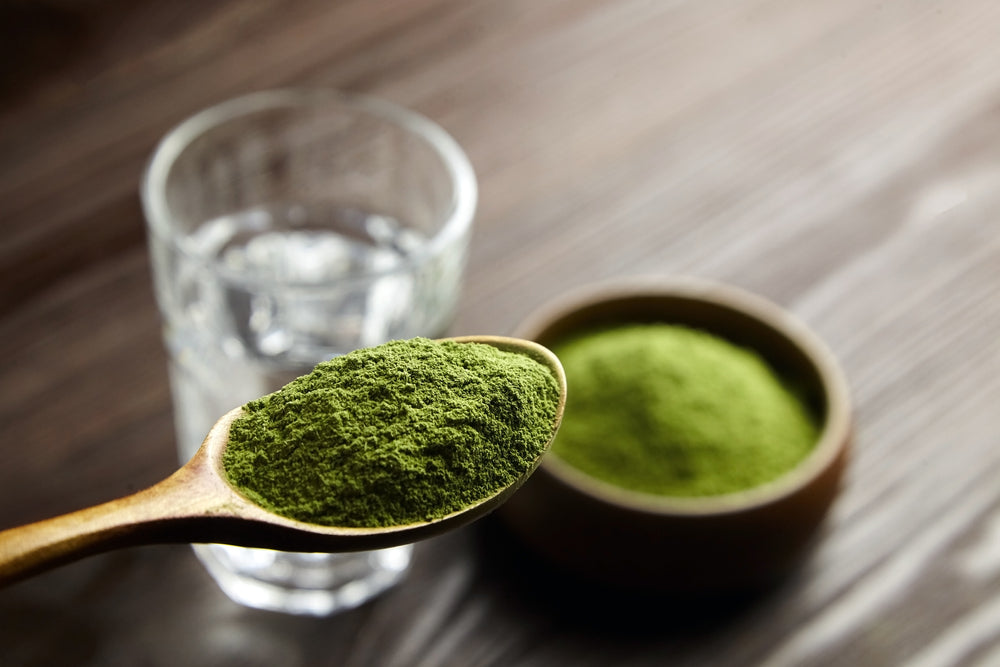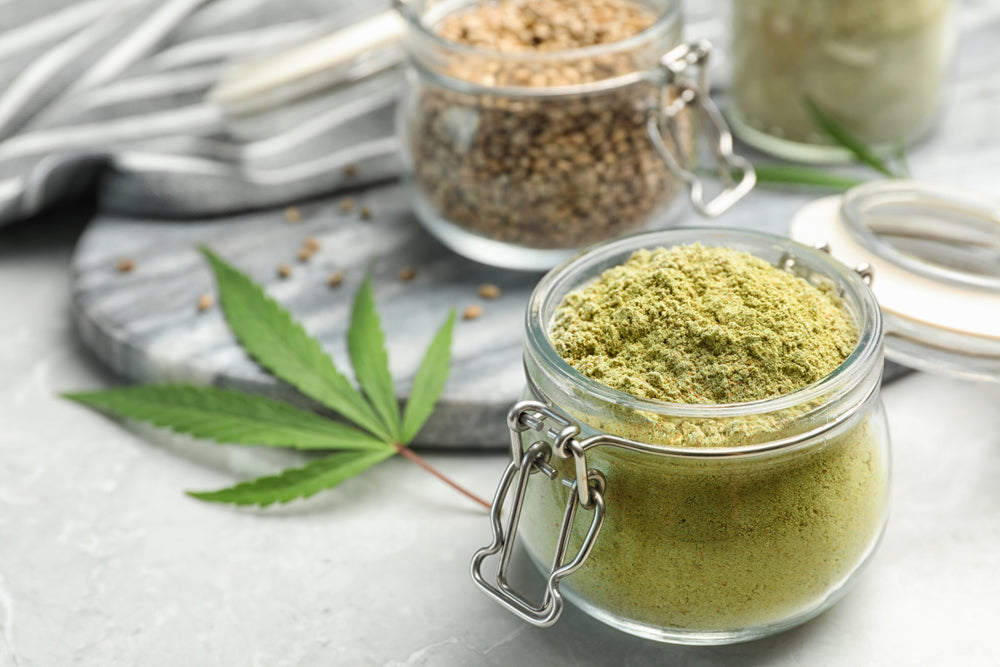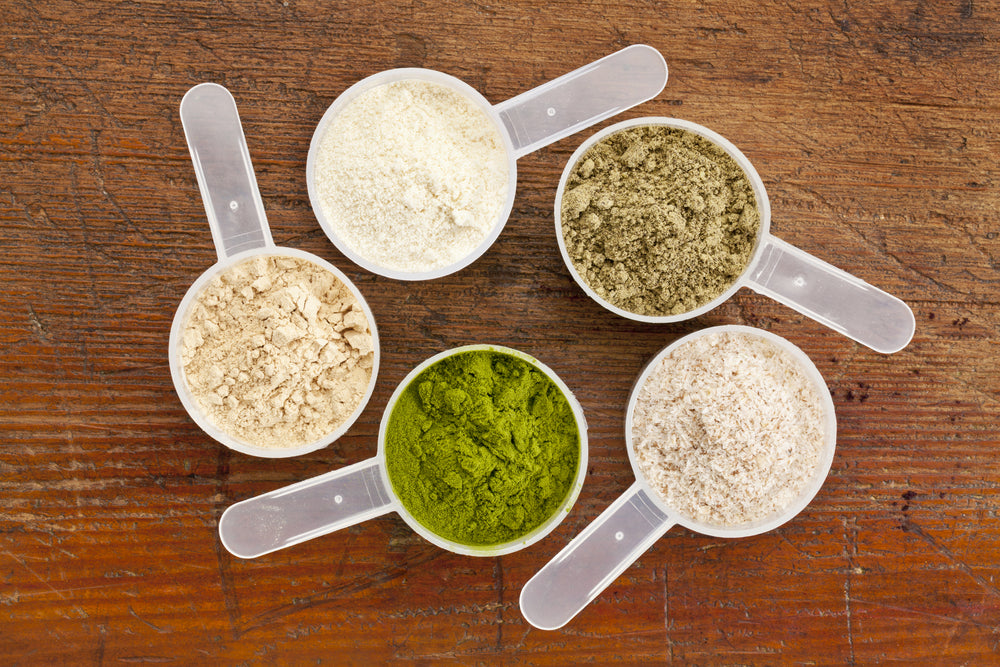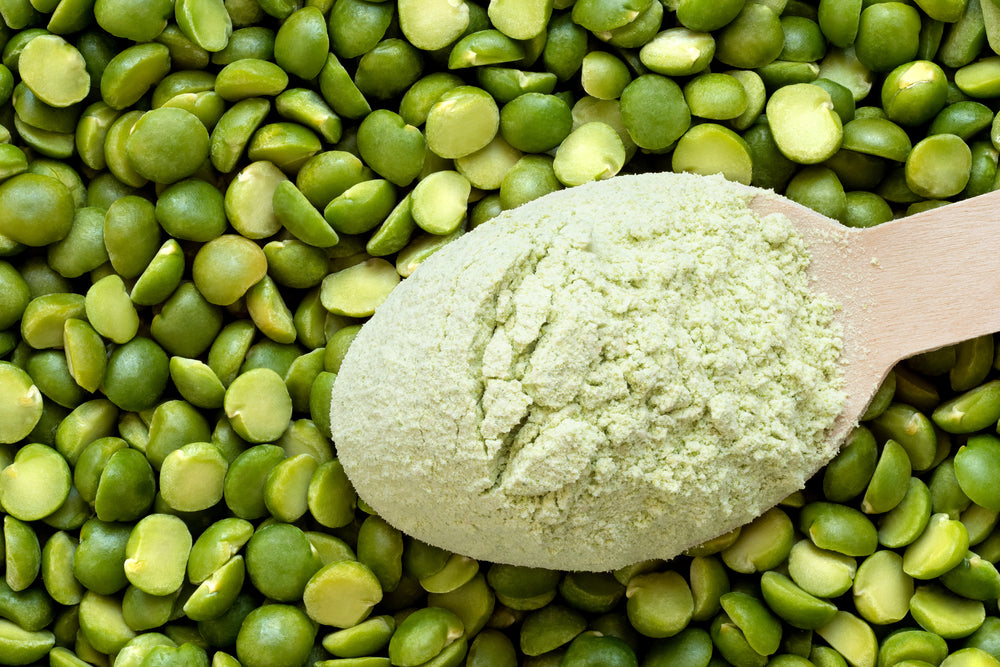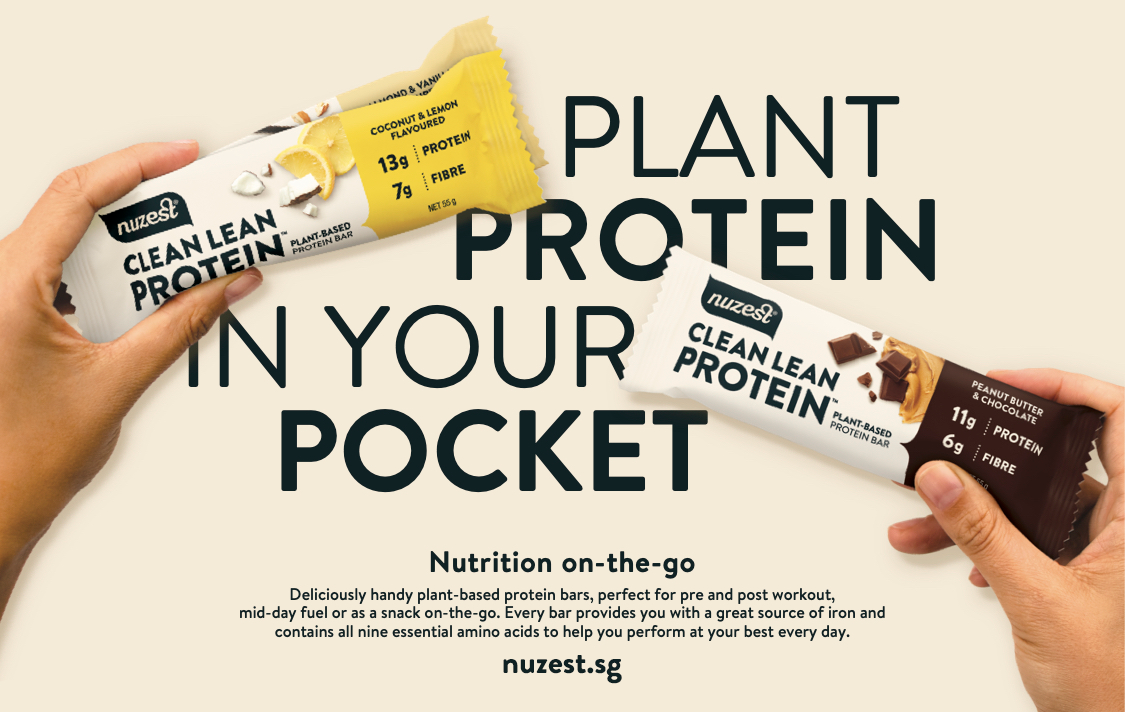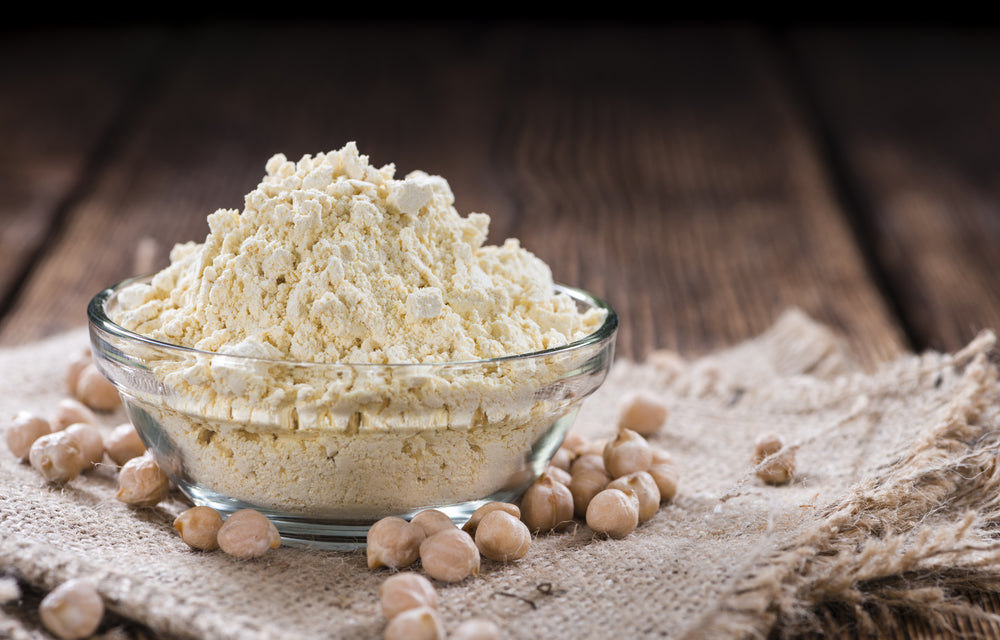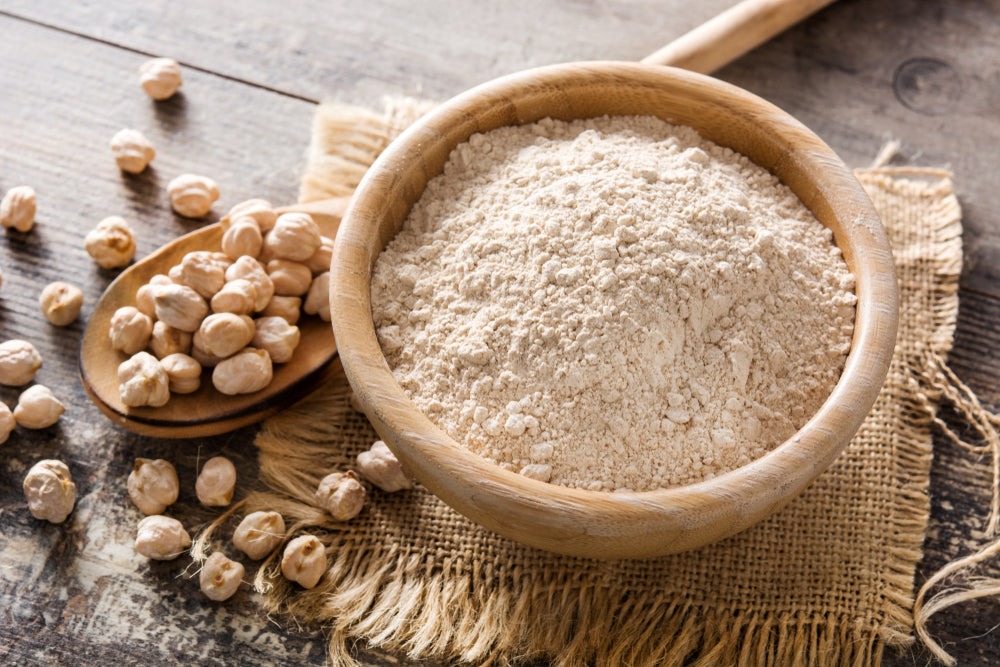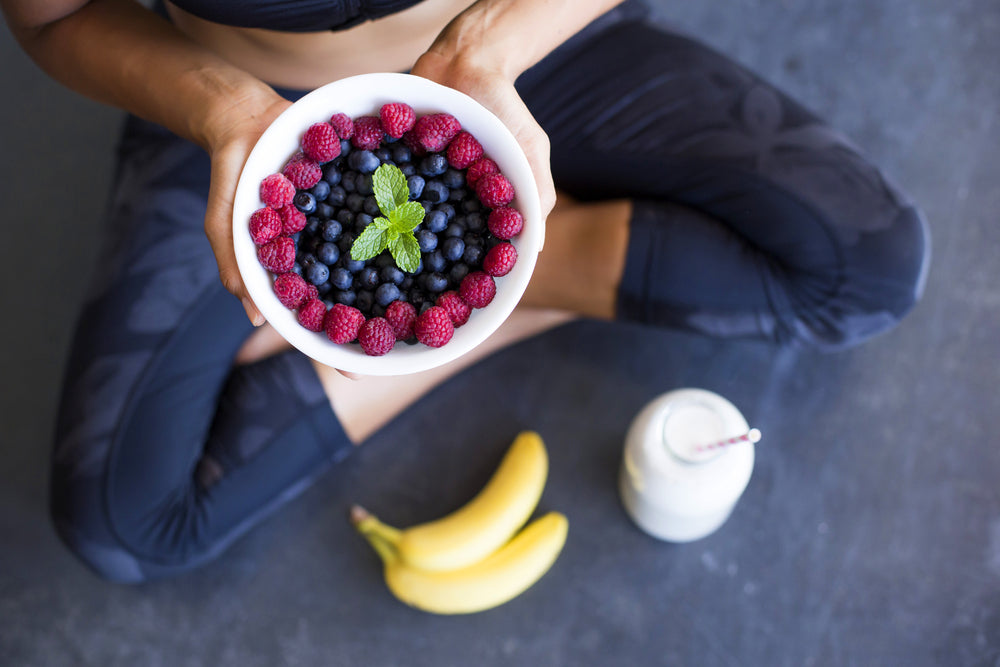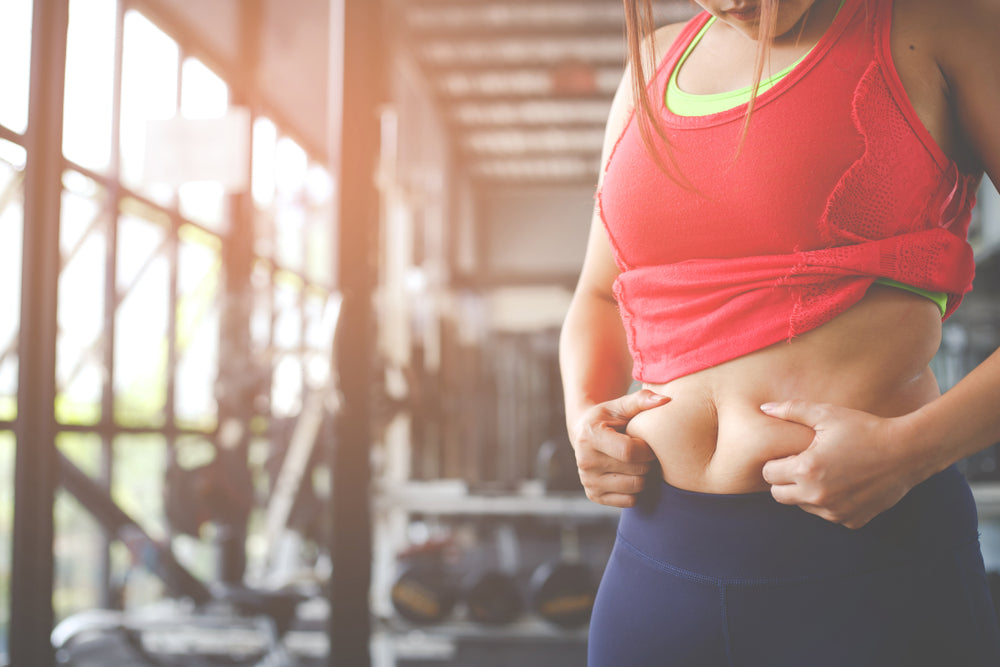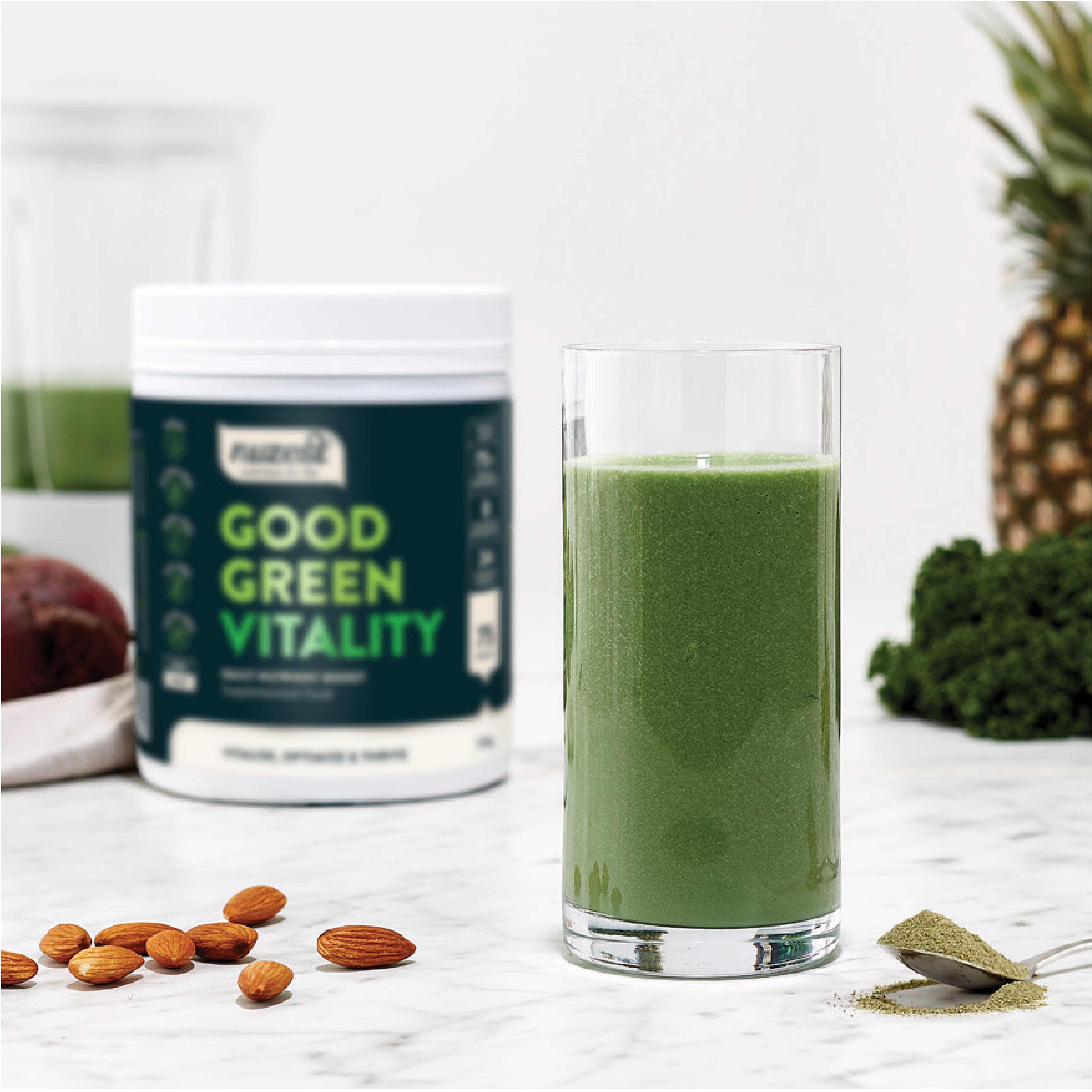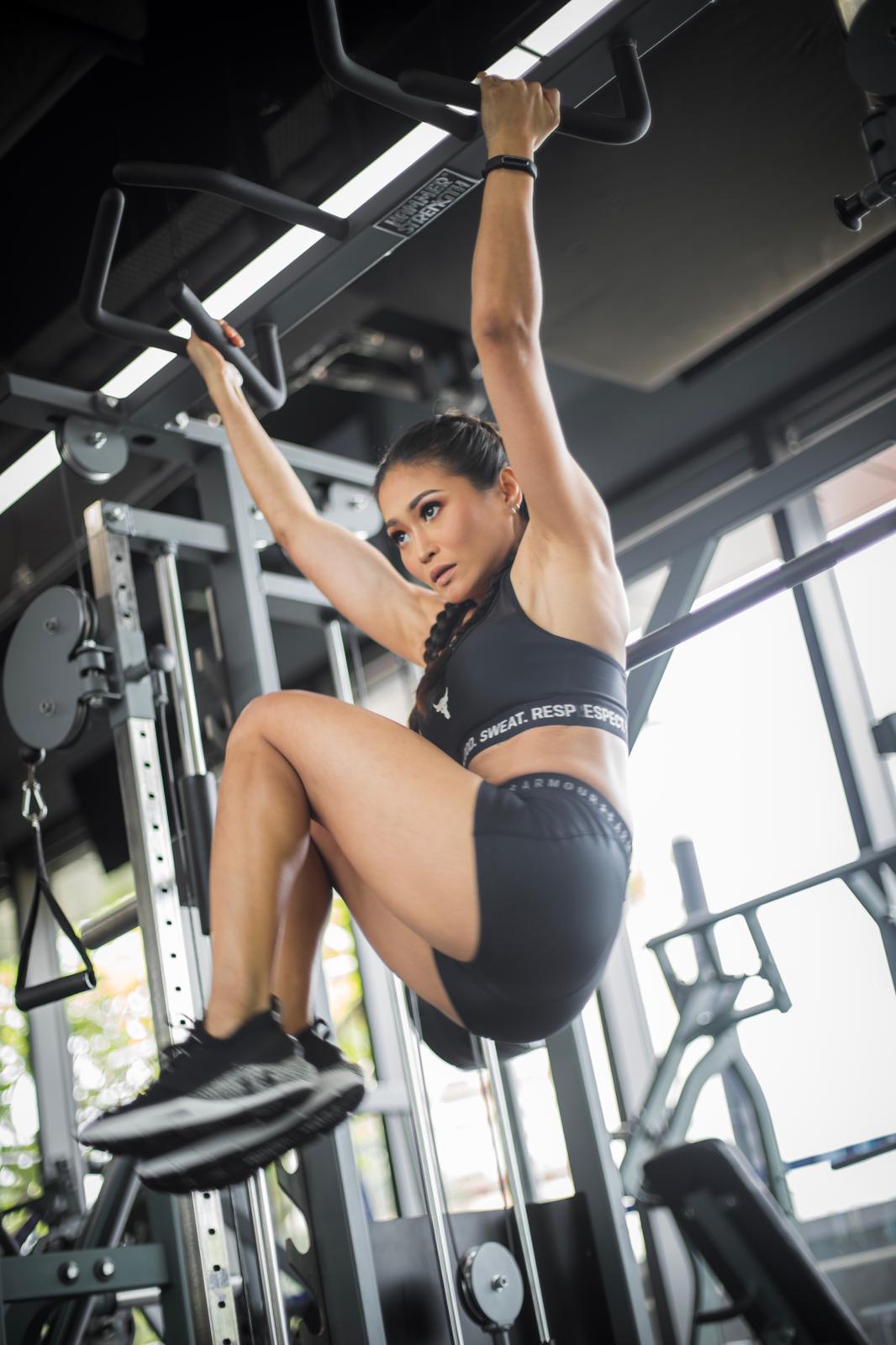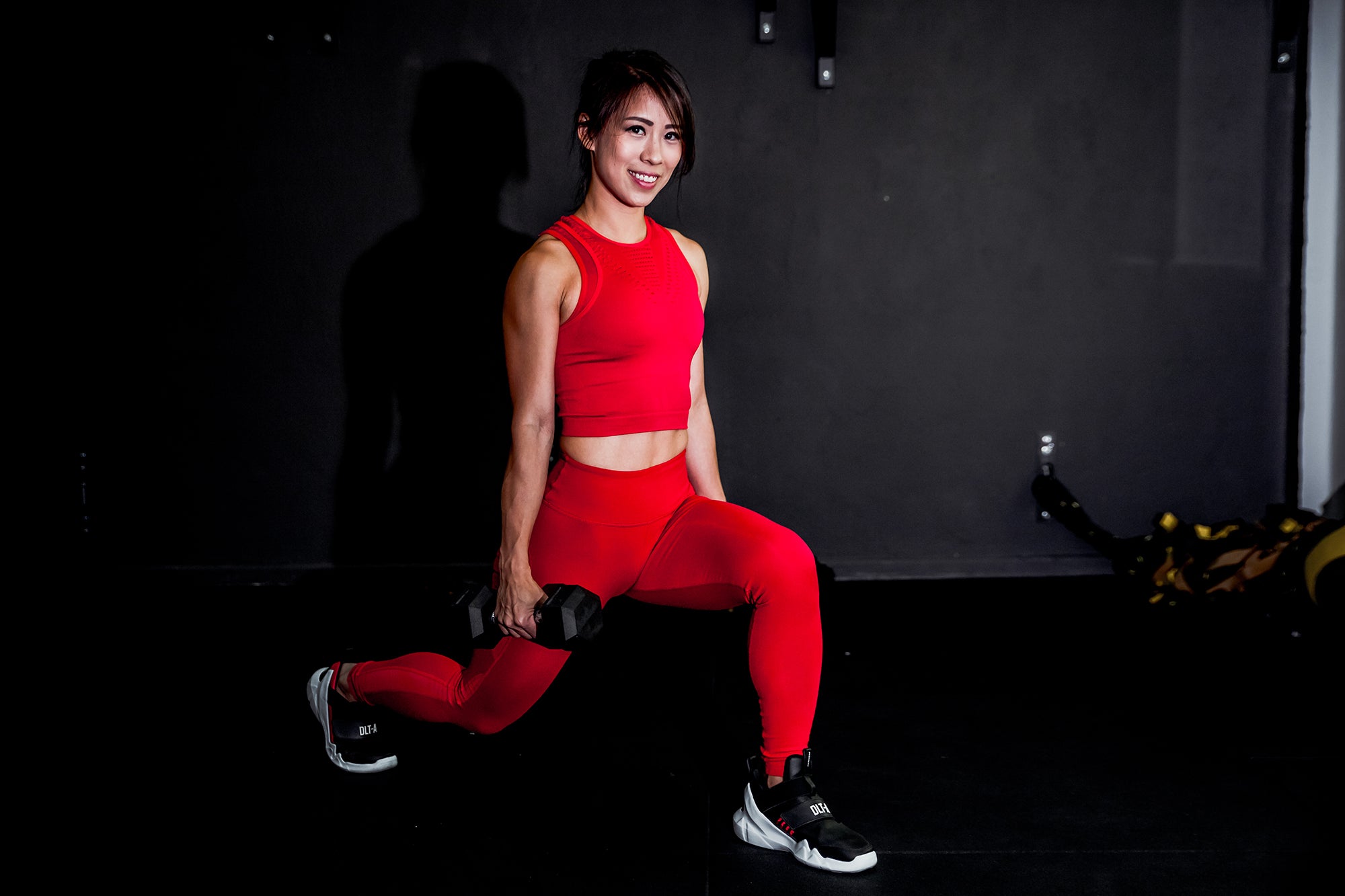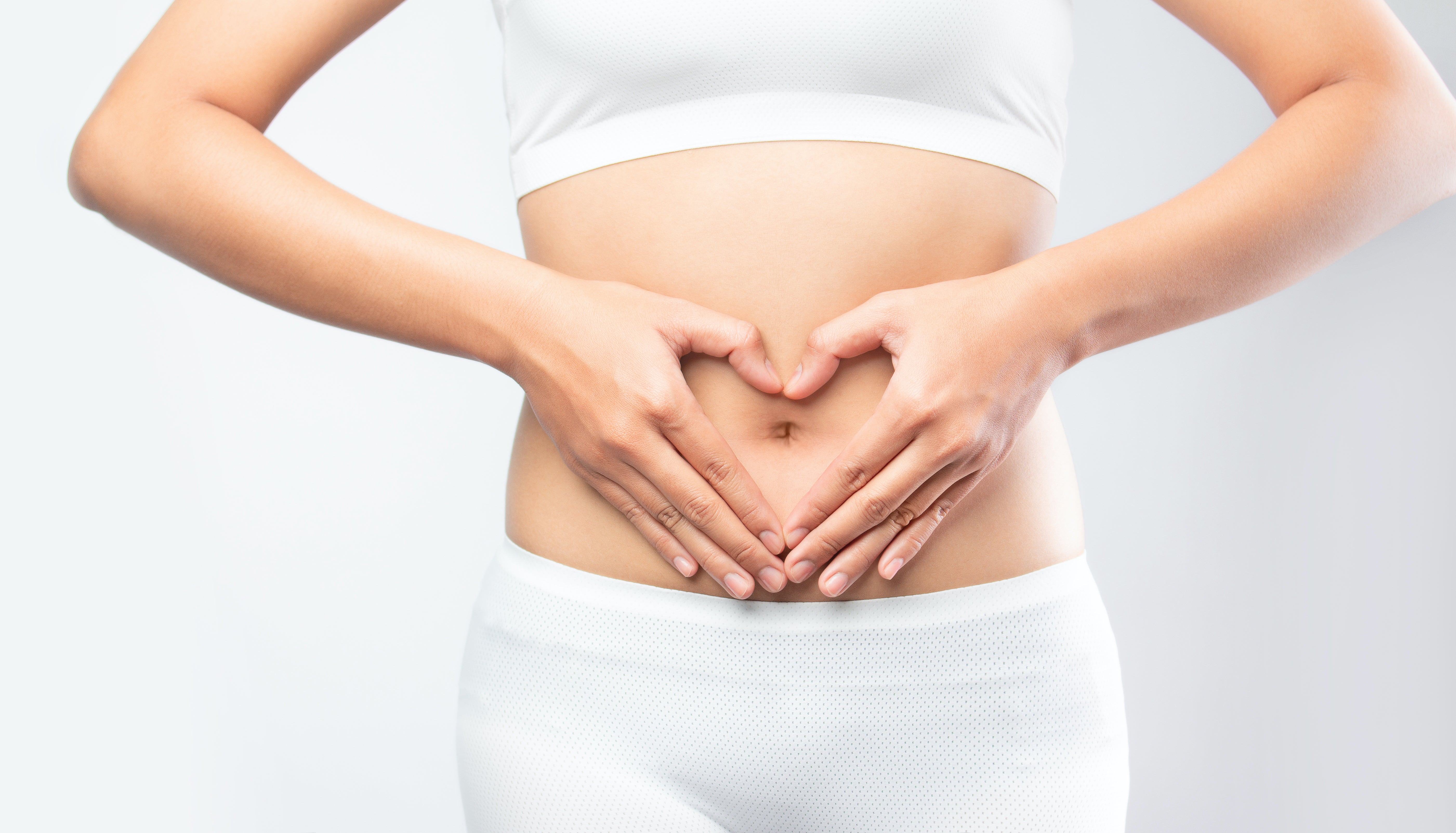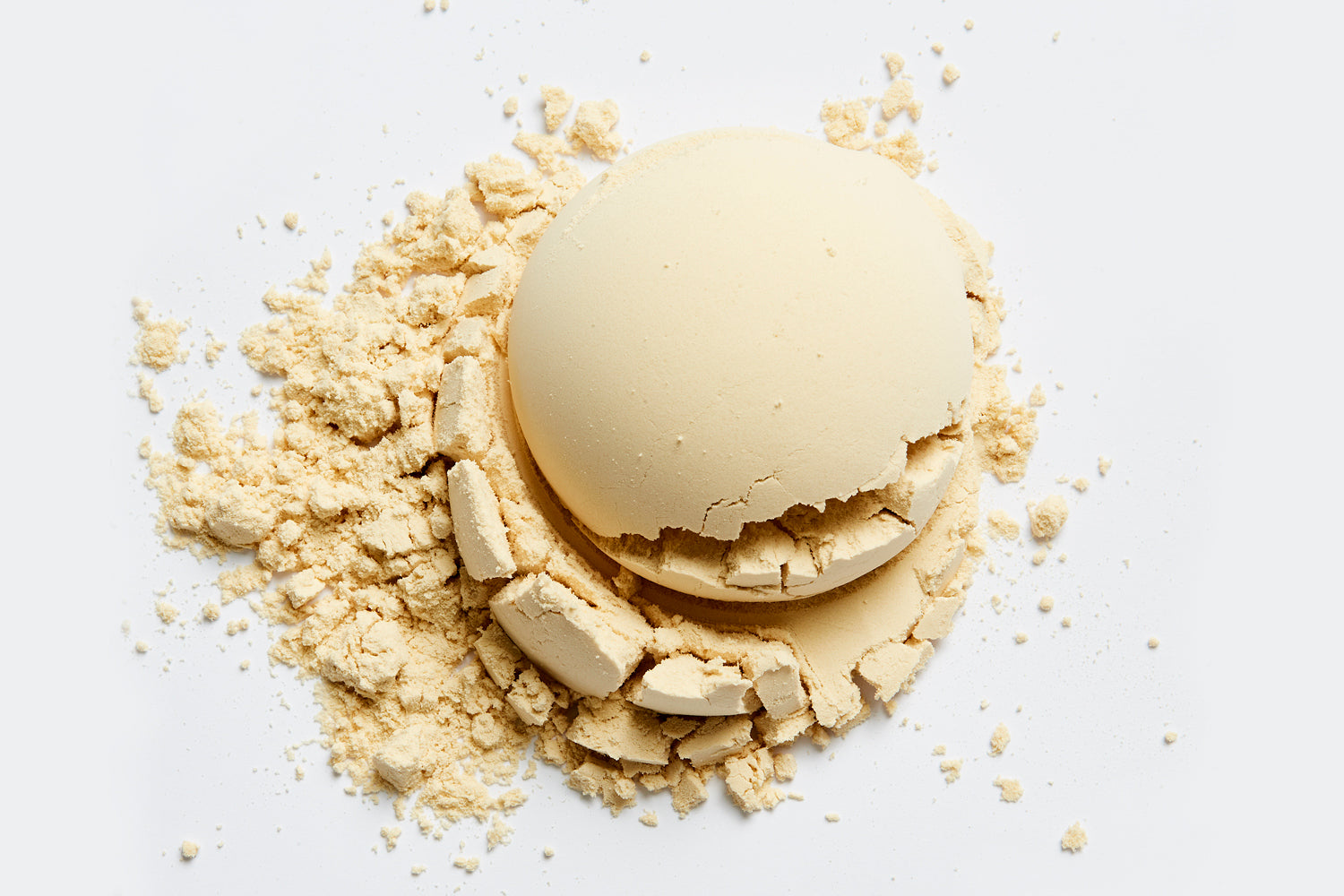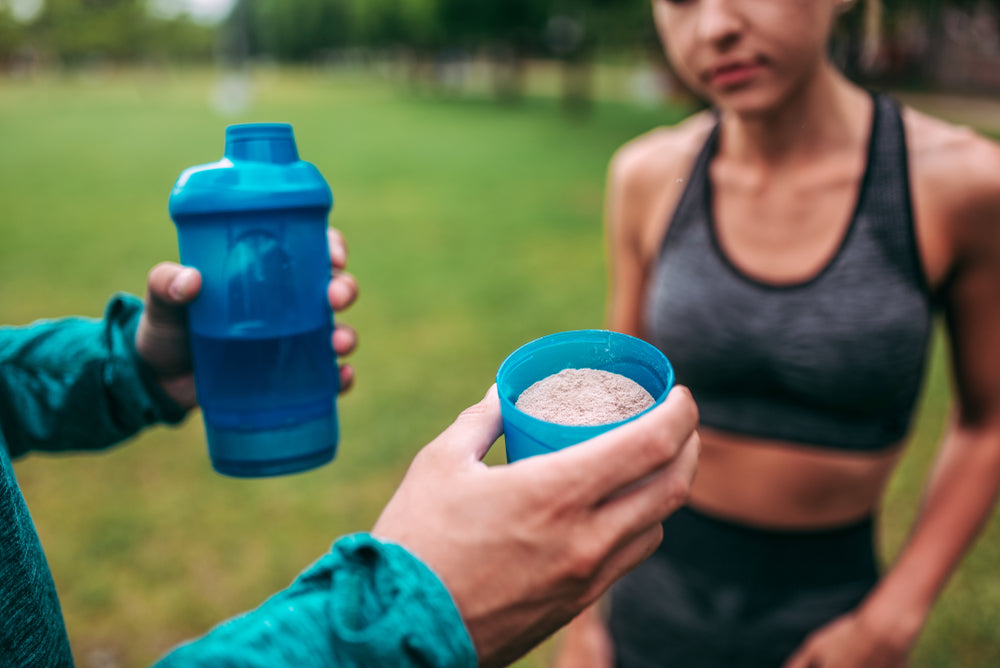Written by Amy Butler (Nutritionist)
Most children are involved in some level of organised sport outside of school hours, with 63% of children participating in some type of athletic activity at least once a week, and 25% three times per week.1 If your child is included in this number, you might be wondering how best to fuel your young athlete in order to ensure they have enough energy to train, play and recover well after participating in organised sports.
Want a FREE Kids Good Stuff Sample - Click Here
Nutrition for Energy
For kids to perform their best they need adequate energy levels. Factor in that they're not just playing sports, but going to school, doing homework and navigating friendships, and it’s easy to see why kids might be feeling low in energy and need a little boost.
First, let’s talk about calories and amount of food. Children and adolescents of both genders are growing rapidly and need enough calories to ensure healthy growth and development. This is not a time to be concerned with weight, and calorie-controlled diets should be severely discouraged. We often hear “he’s a growing boy! He eats so much!” in a tone of glowing pride but rarely do we hear this about girls despite an equal need for sufficient calories to support growth. I challenge you to change this outlook in your households!
More specifically, there are certain nutrients that we know can help our bodies feel energetic.
- Carbohydrates: carbs are the easiest energy source for our body to use. Ensure a carb source is served with each meal and snack; aim for whole grains or vegetable sources like brown rice, whole wheat bread and pasta, oats and sweet potatoes for longer-lasting energy.
- B-vitamins: if you can drag your minds back to high school biology lessons, you might remember learning about mitochondria (the powerhouse of the cell!); in essence, the mitochondria extract energy from the foods we eat. Almost all of the B-vitamins are involved in this process.2 No one food contains all of them (unless fortified) so it’s important to ensure a varied diet including meat and dairy (if your family eats those), beans and seeds. It’s important to note that vitamin B12 is predominately found in animal products, so if your family is vegan, you’ll need to find a fortified food (like nutritional yeast) or take a supplement.
- Magnesium: magnesium is used in many body processes, including normal muscle function, and may help to improve performance in exercise,3 as well as being a part of the mitochondrial process mentioned above in ‘B vitamins’.2 Nuts (especially almonds, cashews and brazil nuts), beans, seeds (like flax and pumpkin), bananas and whole grains are particularly good sources of magnesium.
- Iron: you’ve probably heard that low iron can cause fatigue and low energy. That’s because iron is part of red blood cells; these carry oxygen to all your muscles and organs, which they need to function correctly.2 However, it’s important to have the right balance of iron – not too little, but not too much either – so try to get iron from food sources and only supplement if medically necessary (for example if your doctor recommends it). Iron is famously found in meat, especially red meat, but it’s also in leafy greens (like spinach), beans, seeds and tofu.
Nutrition for recovery
After exercise, it’s important to help muscles recover. The most effective way to replenish muscles is to have a small, carbohydrate-rich snack immediately following exercise; adding protein may allow faster endurance recovery.4 Try packing an easy snack for children to eat after sports – a granola bar, smoothie (like this Rapid Recovery Smoothie), apple wedges and almonds, cheese and crackers or pretzels and nut butter are great options for an easy after-sports snack (for foods which need to stay cool, pack in a small esky with an ice pack or use an insulated flask for drinks).
Hydration
This one is so important it gets its own paragraph. Good hydration is absolutely vital for both energy levels and recovery after exercise. Especially on those hot summer days, we need to make sure kids are hydrating before and throughout exercise as well as after. Water is the first choice here, but coconut water and diluted juice can be used too. Sports drinks are probably not necessary, but a rehydration formula full of electrolytes may be helpful after long periods of exercise or on very hot days.
Other lifestyle tips
Of course, food and water are part of the equation, but there are other things we can do to increase energy and boost recovery:
- Ensure adequate and good quality sleep.
- A good stretching routine after exercising can prevent sore muscles and aid recovery.
- Epsom salt baths can help reduce muscle soreness.
References
- Australian Sports Commission. AusPlay focus: Children’s participation in organised physical activity outside of school hours. 2018. Canberra: Commonwealth of Australia.
- Tardy AL, Pouteau E, Marquez D, et al. Vitamins and minerals for energy, fatigue and cognition: A narrative review of the biochemical and clinical evidence. Nutrients 2020;12(1):pii:E228.
- Zhang Y, Xun P, Wang R, et al. Can magnesium enhance exercise performance? Nutrients 2017;9(9):946.
- Alghannam AF, Gonzalez JT, Betts JA. Restoration of muscle glycogen and functional capacity: Role of post-exercise carbohydrate and protein co-ingestion. Nutrients 2018;10(2):253.


